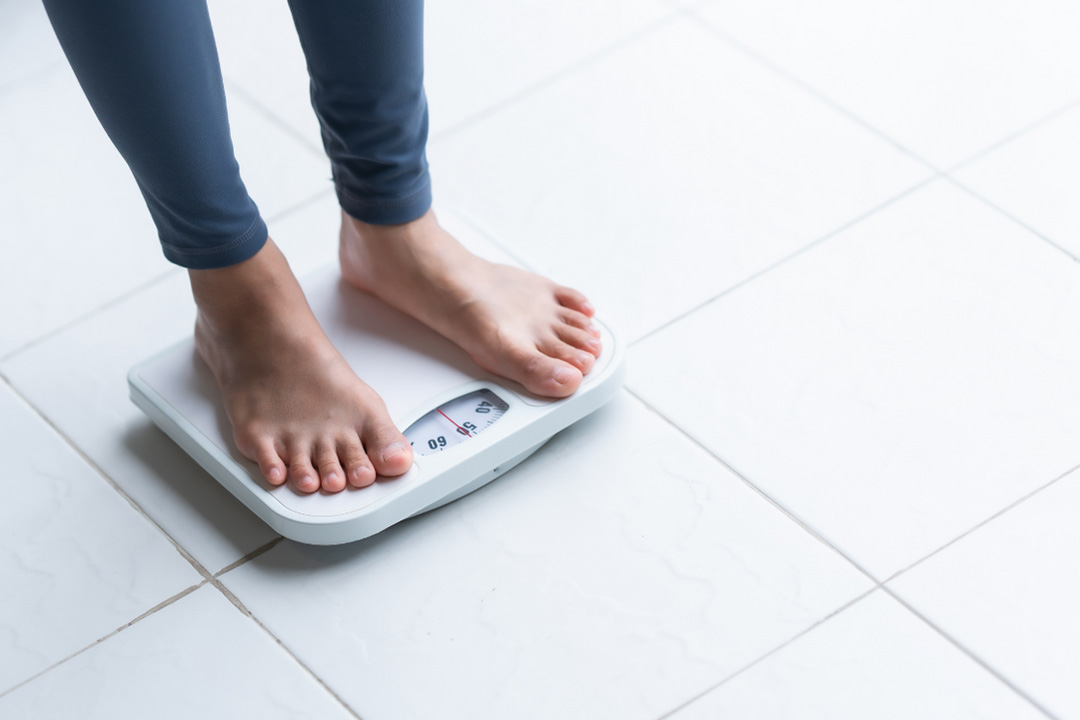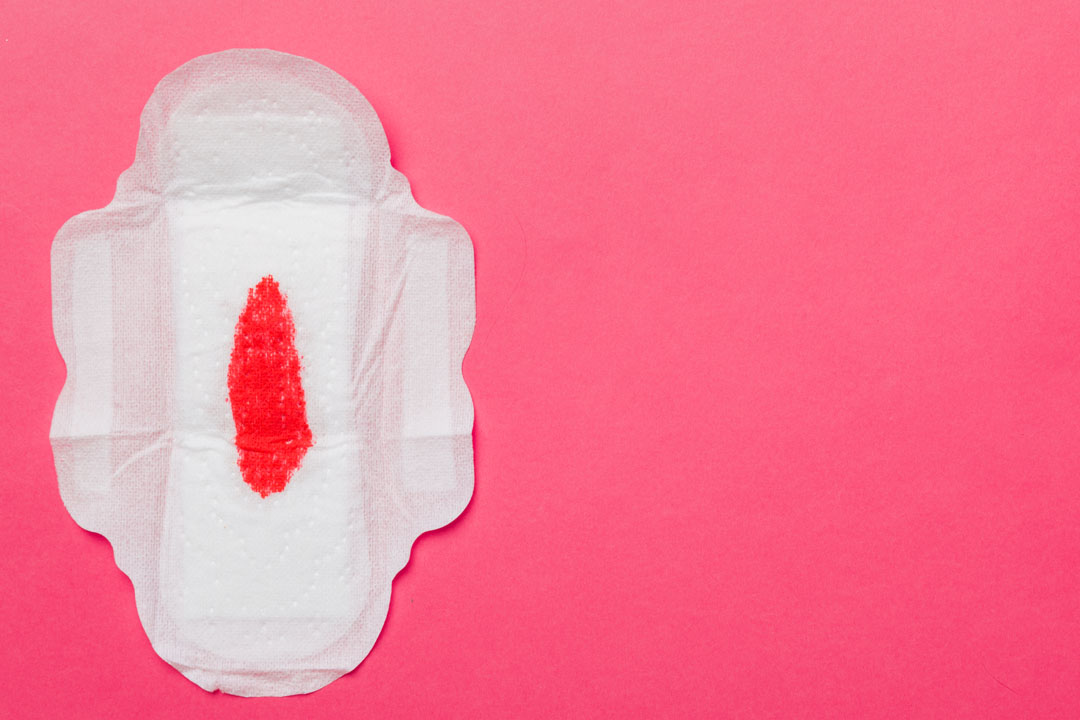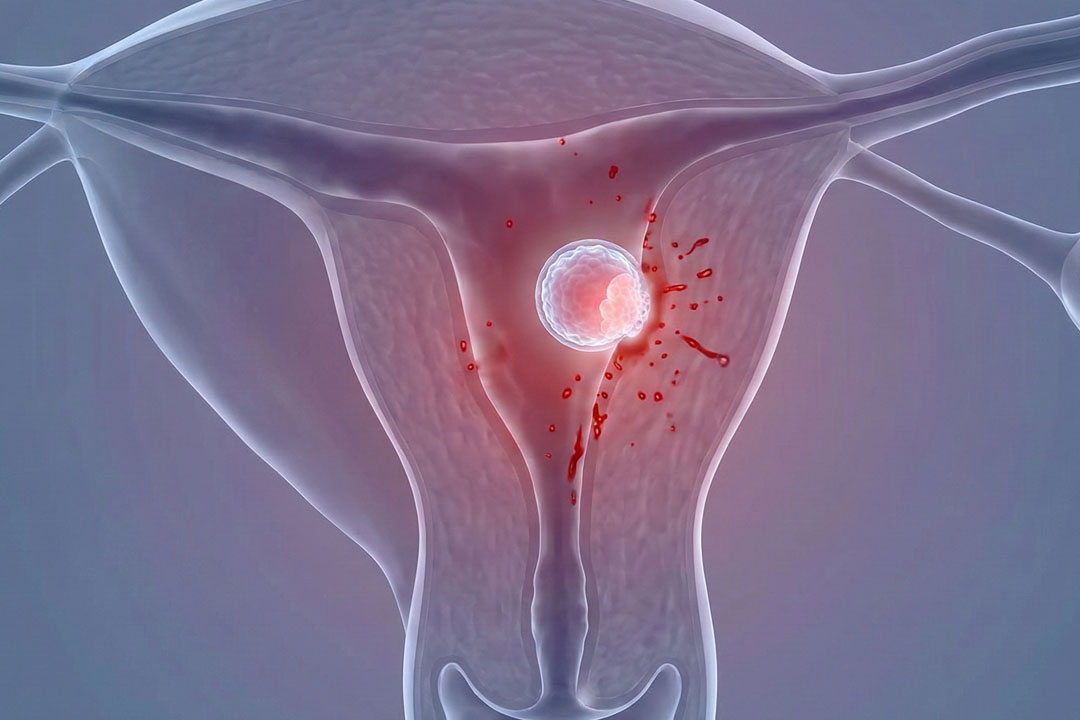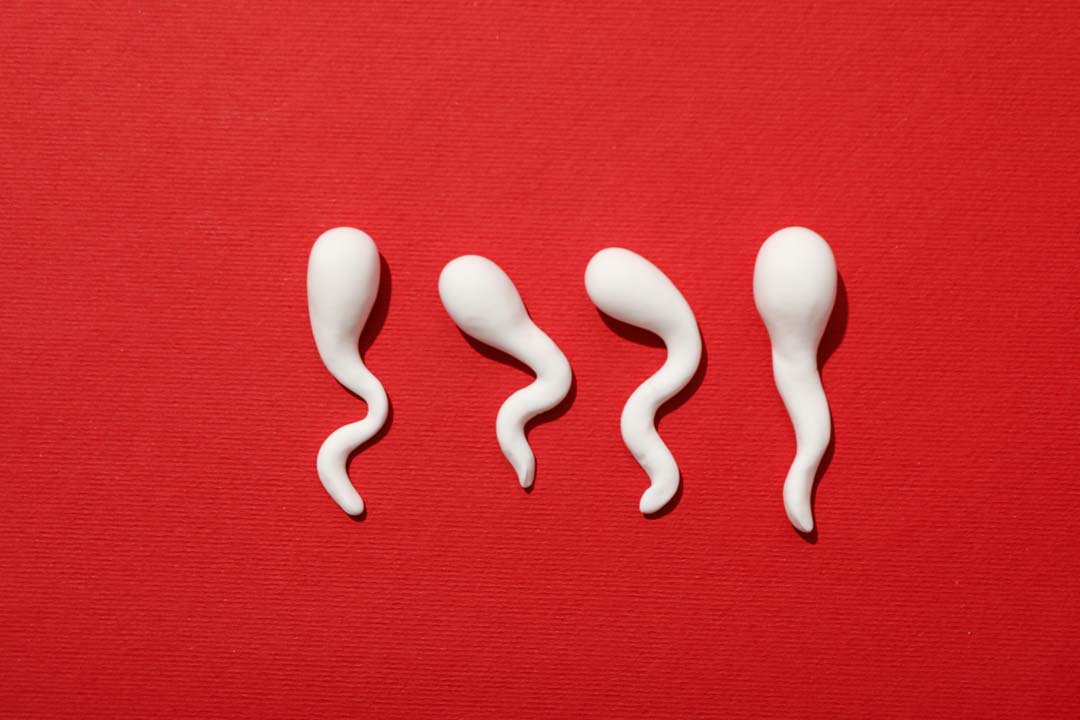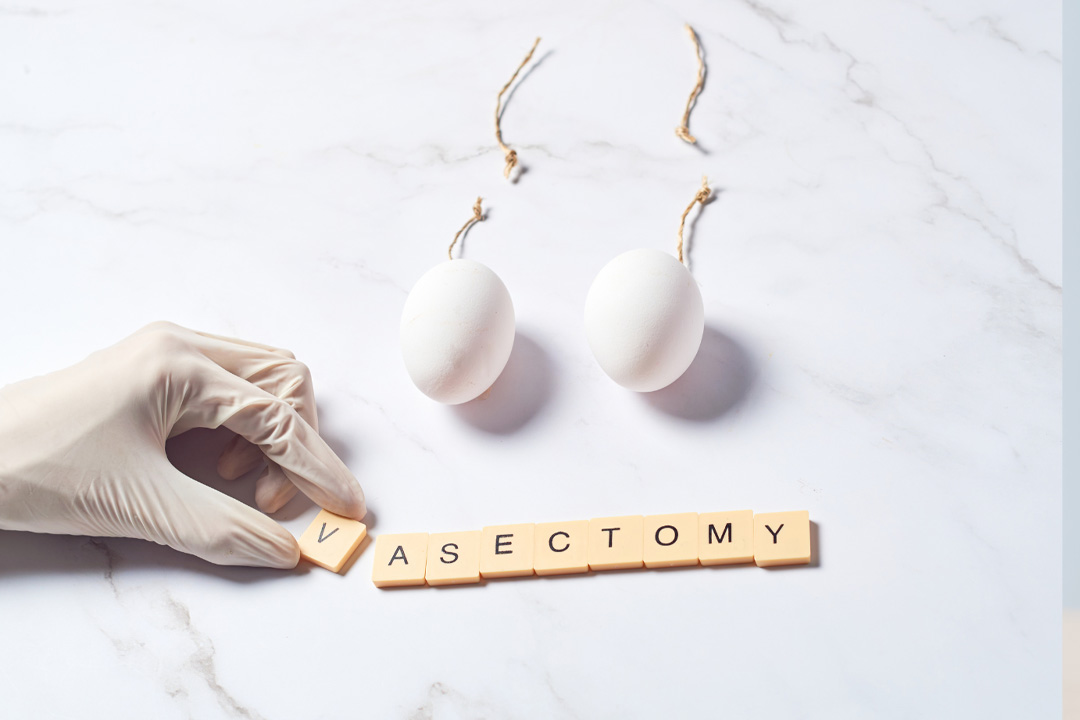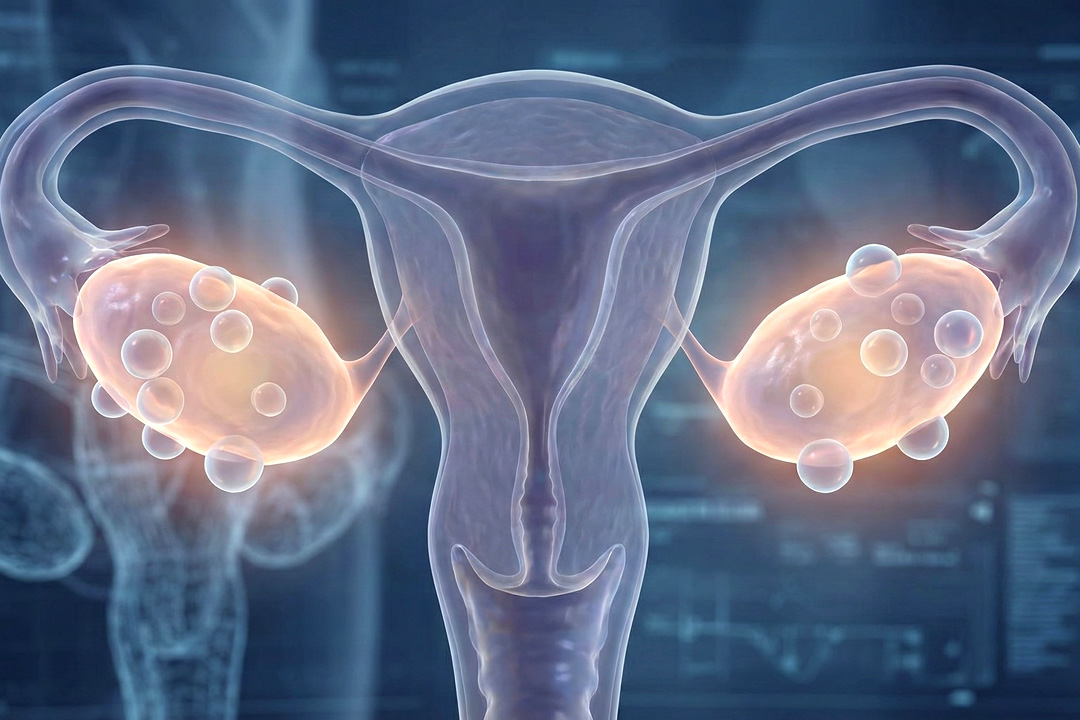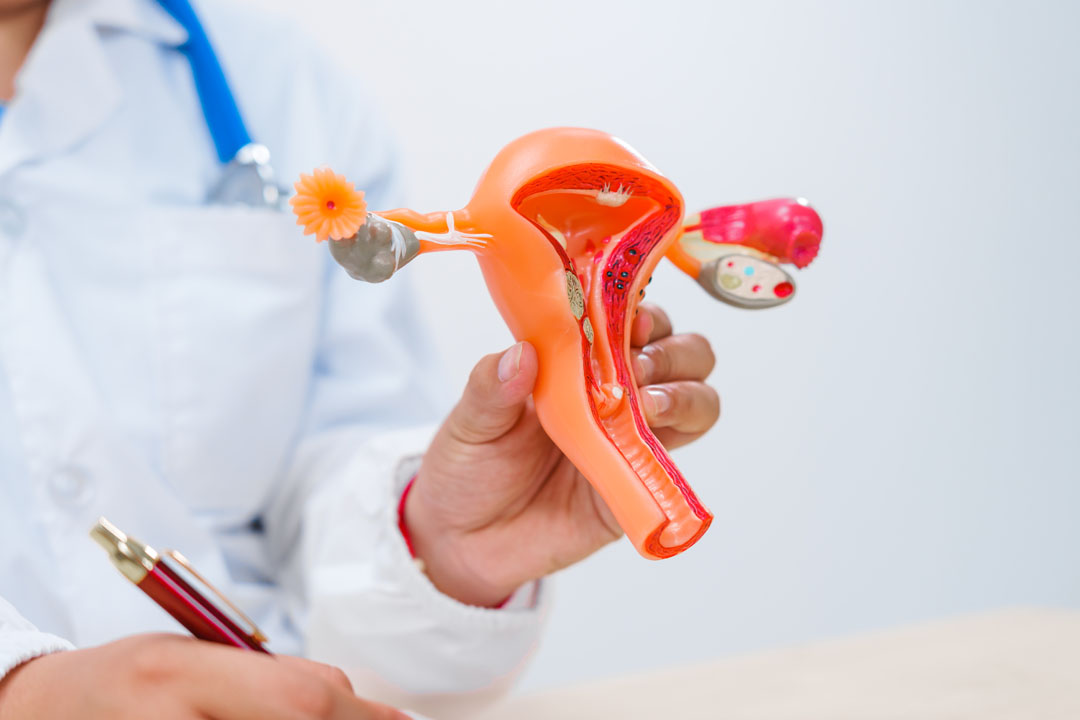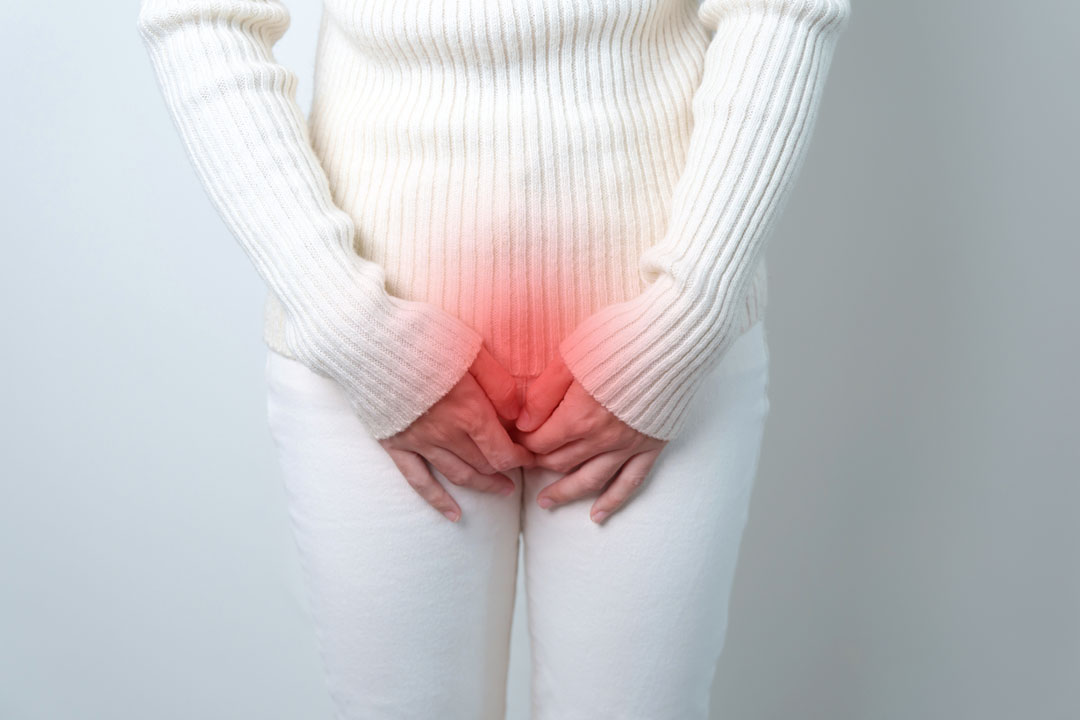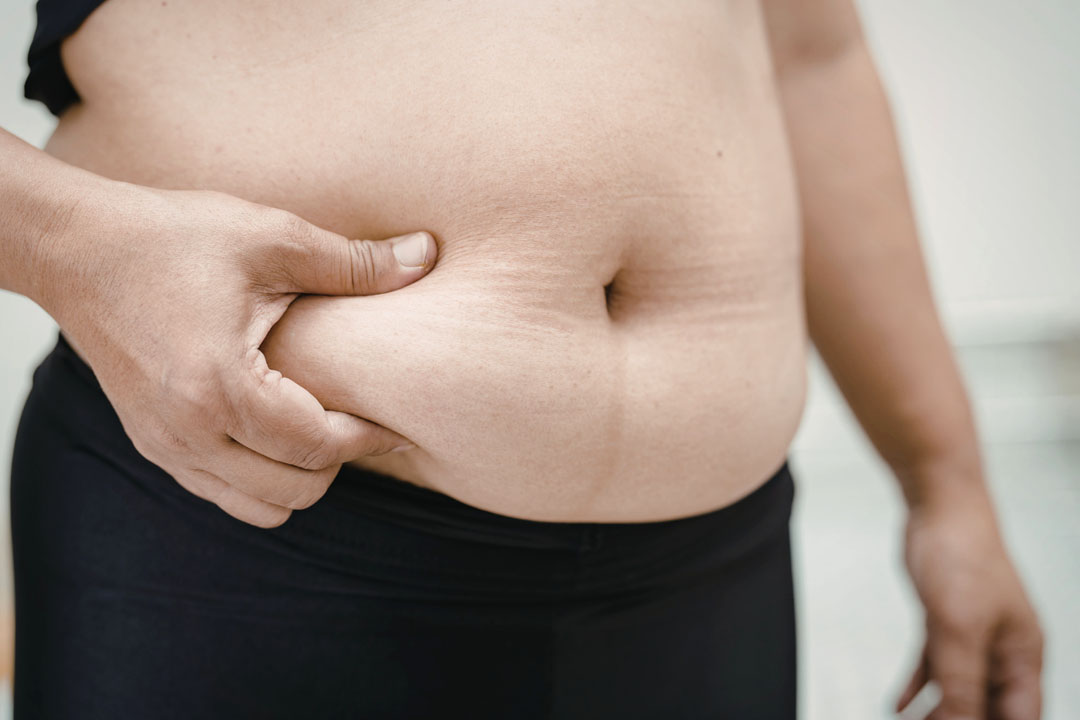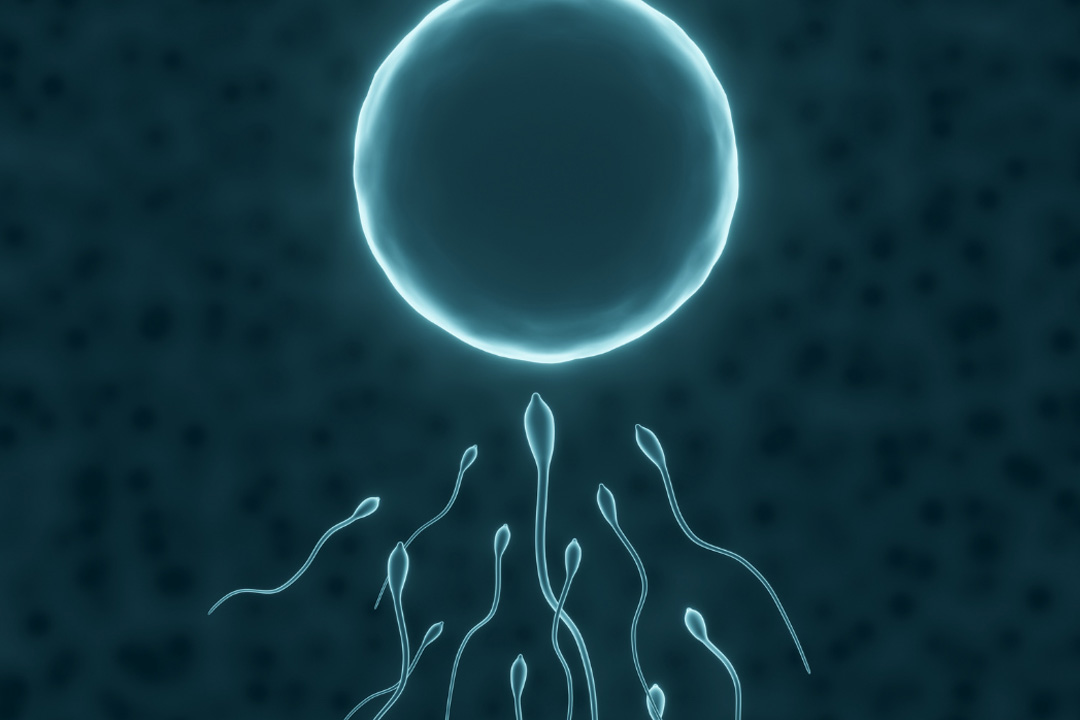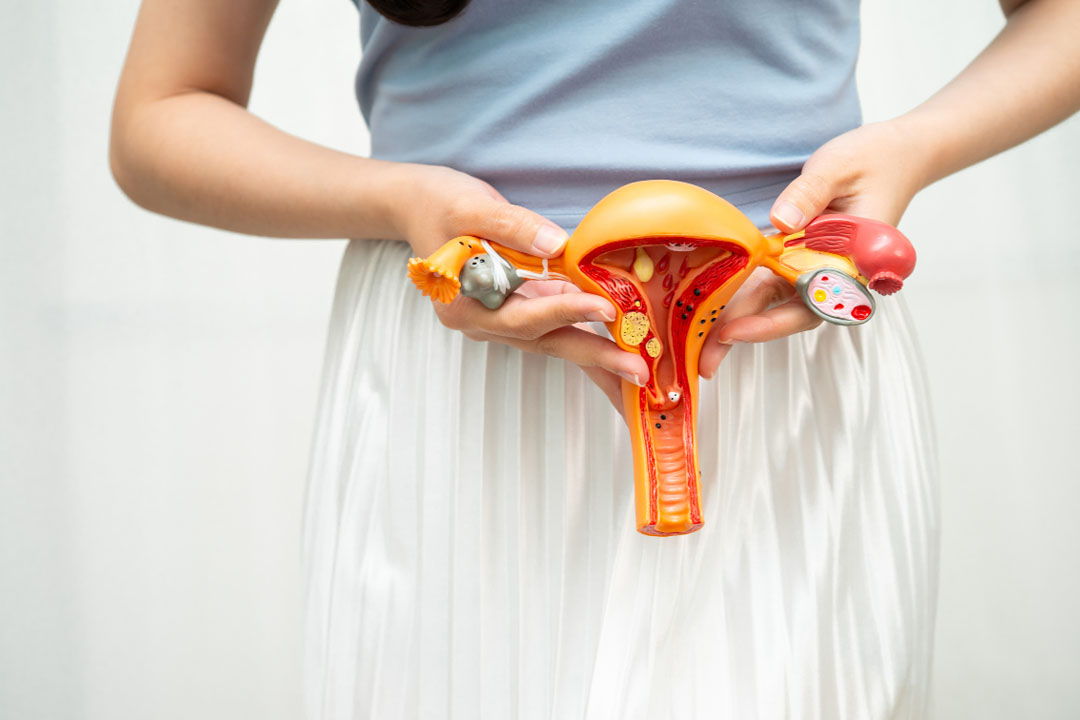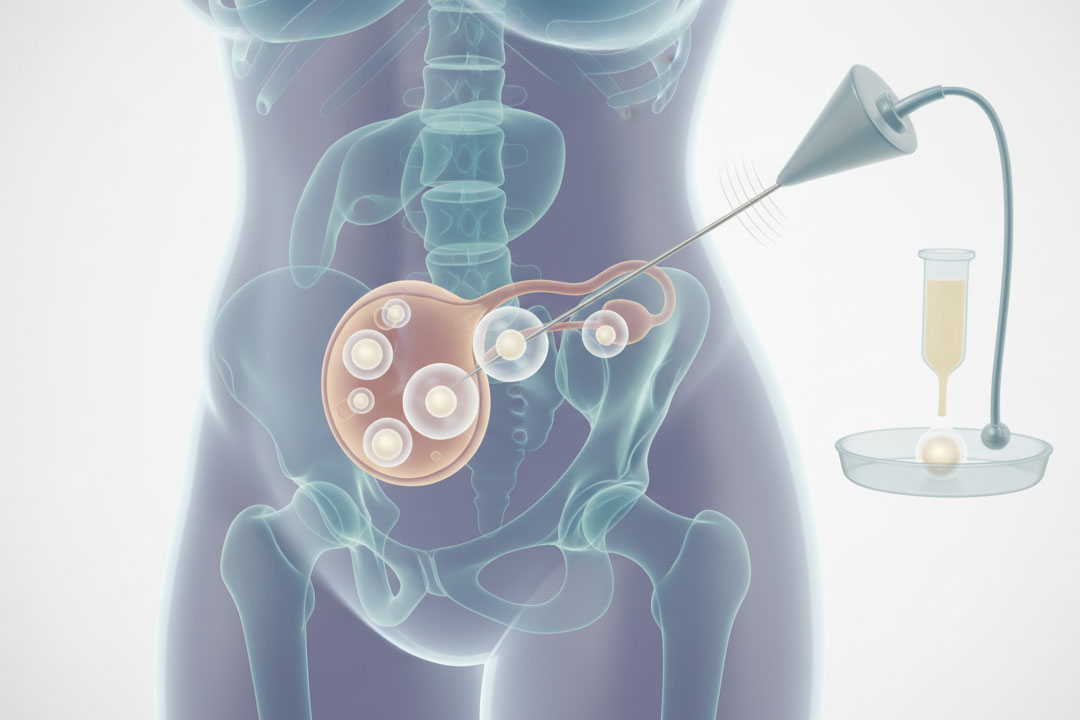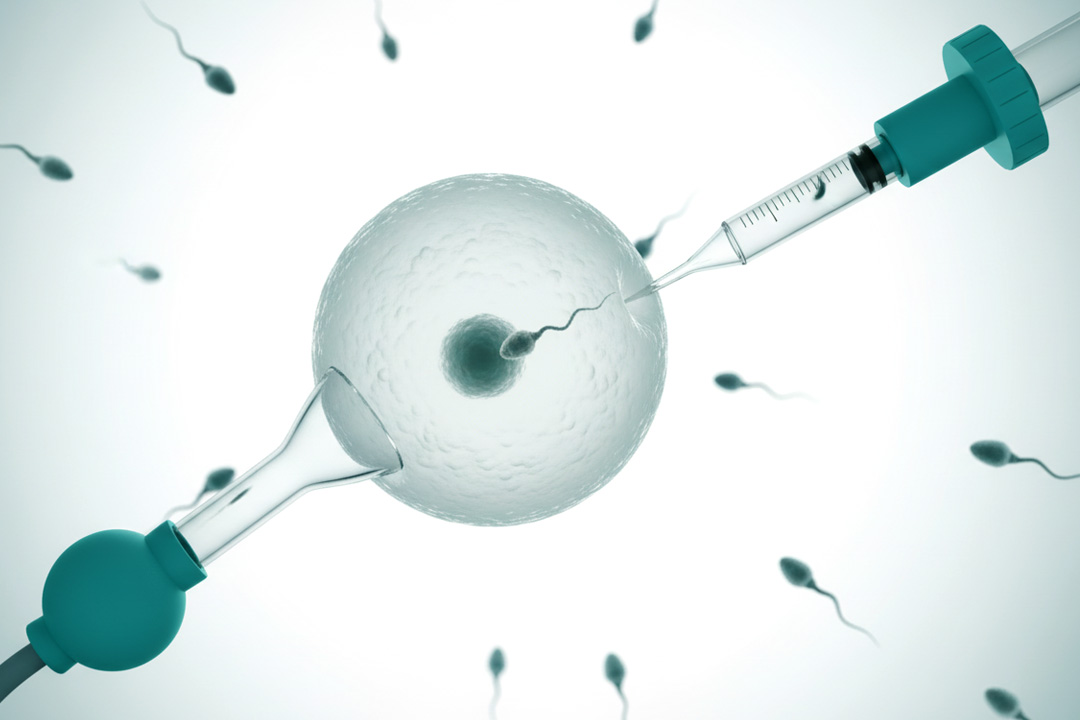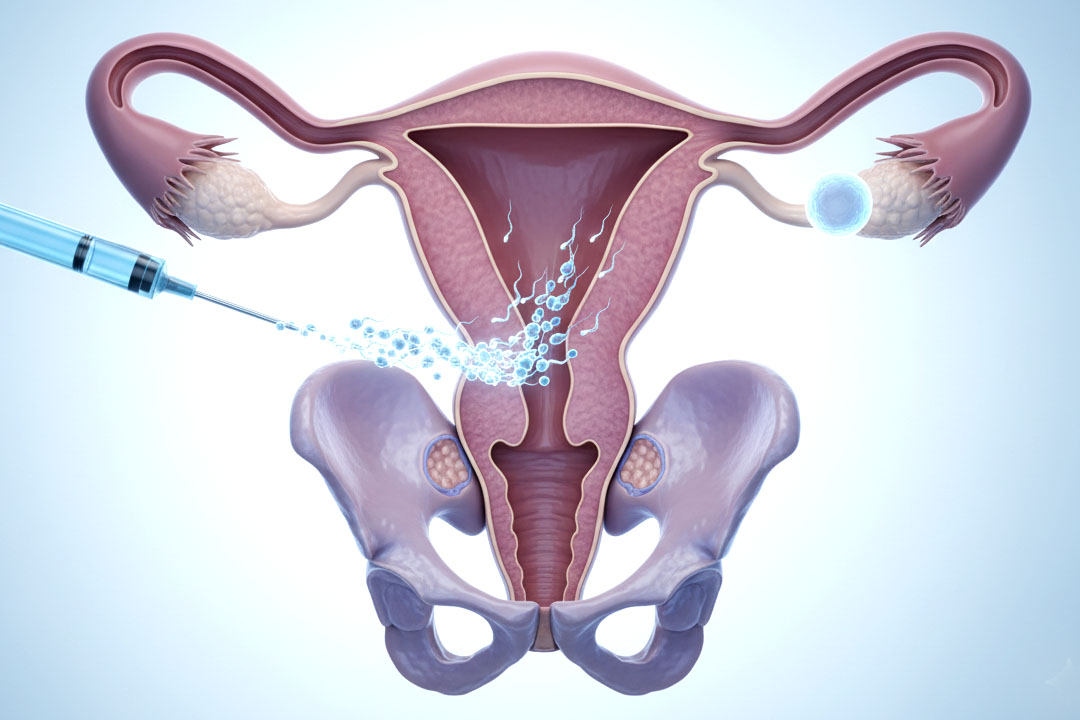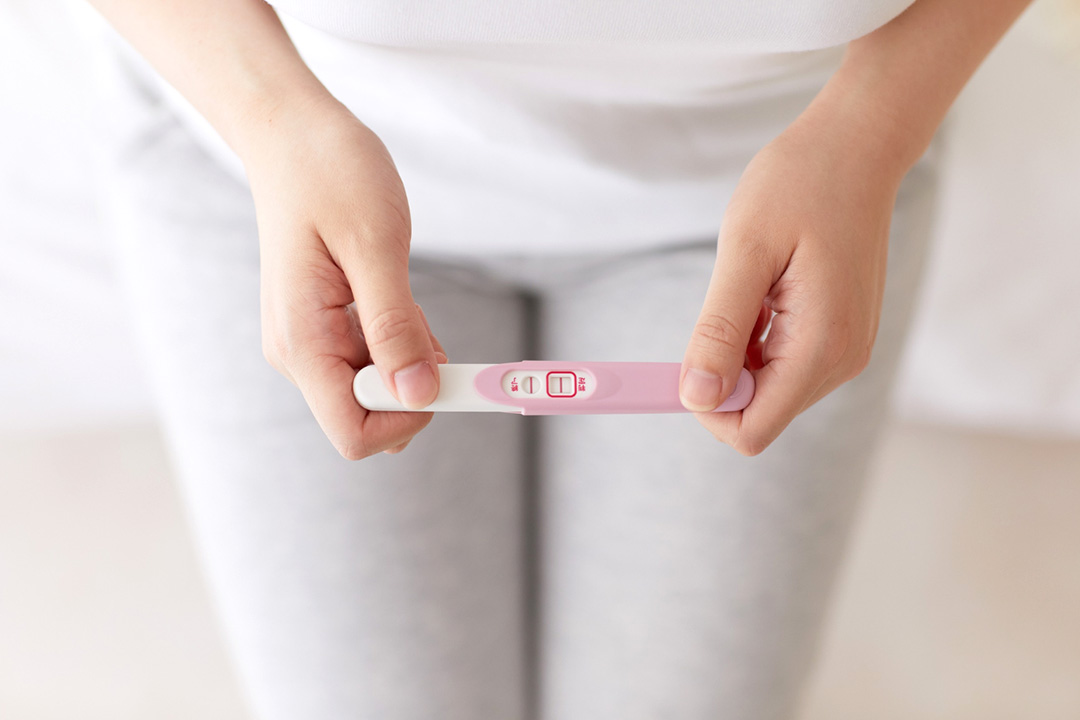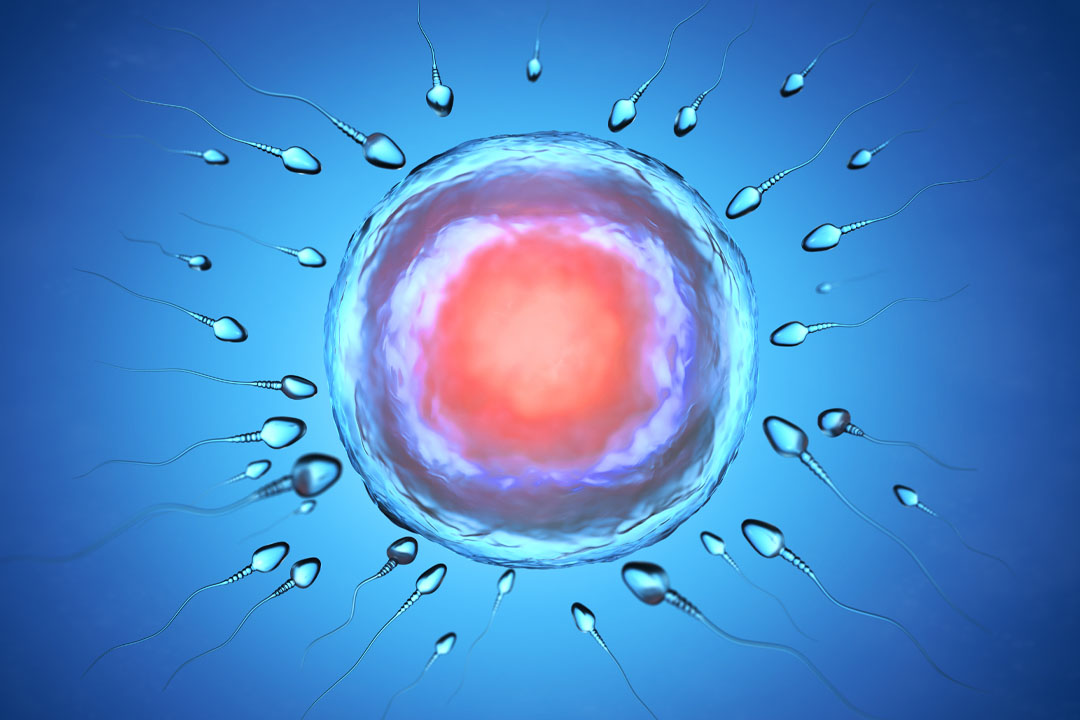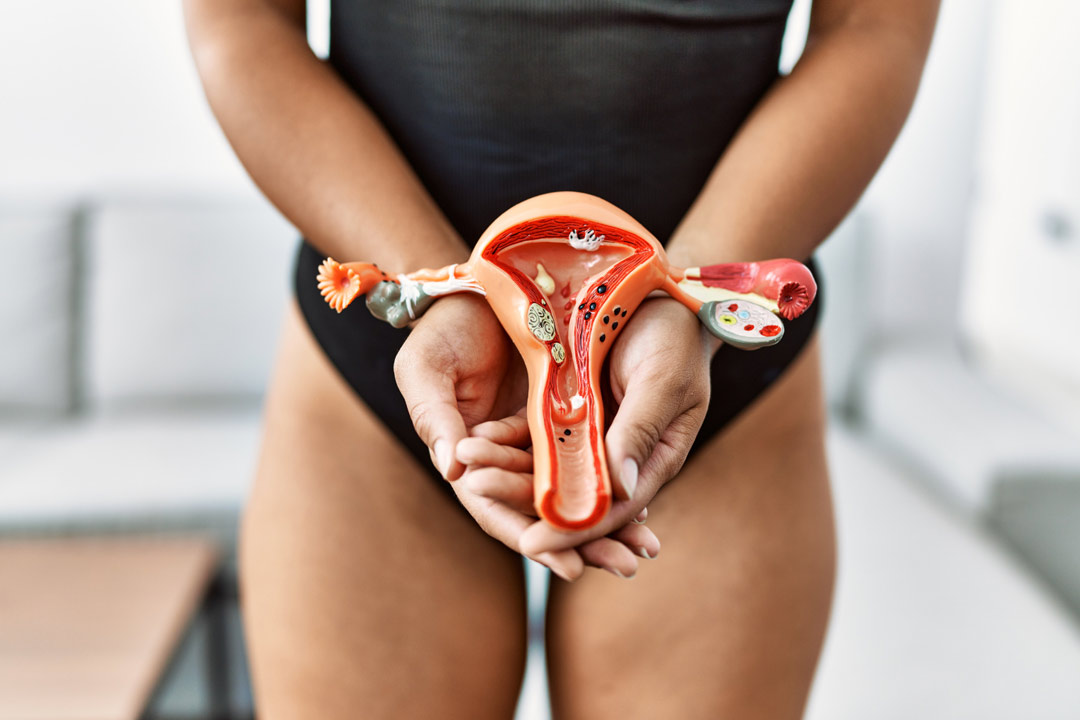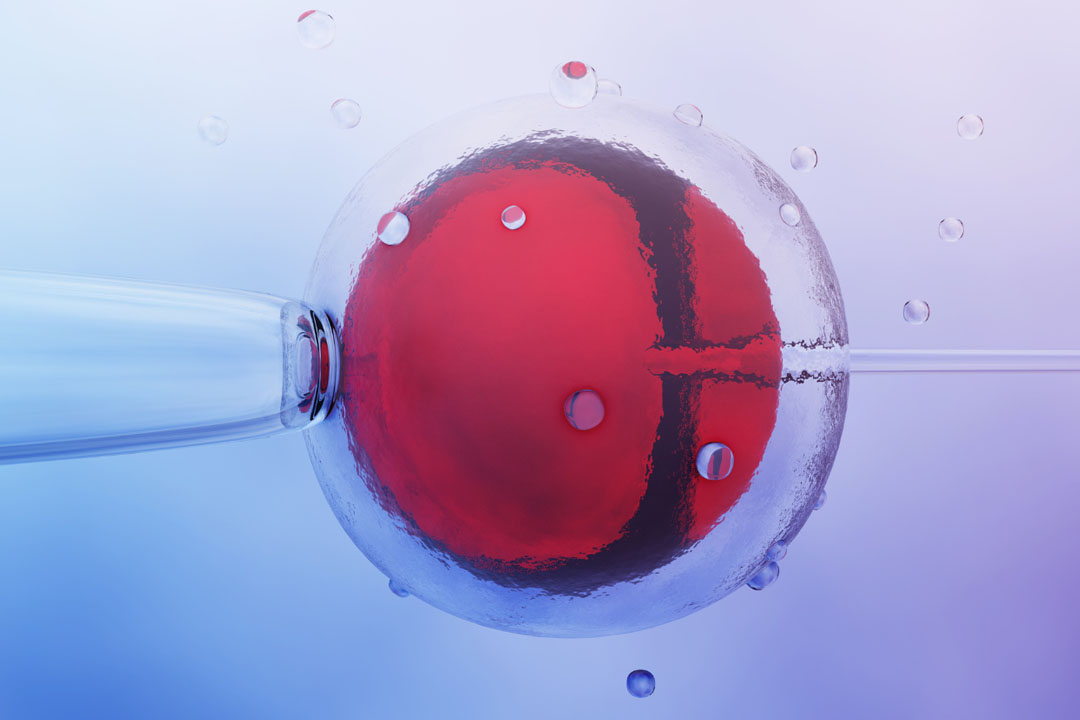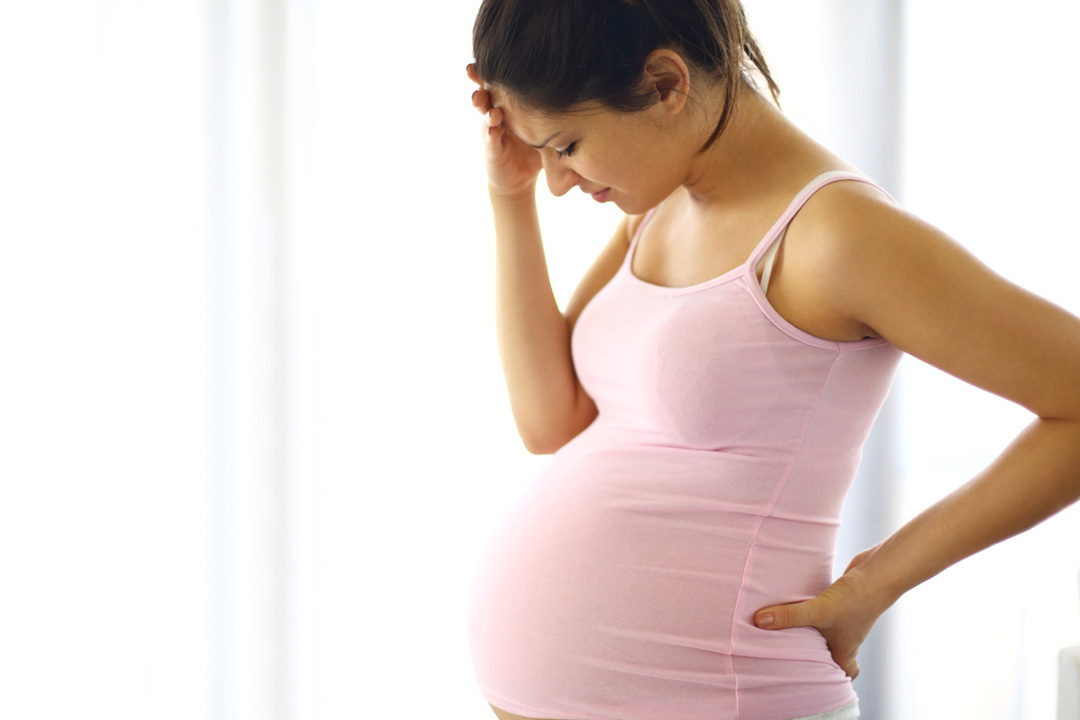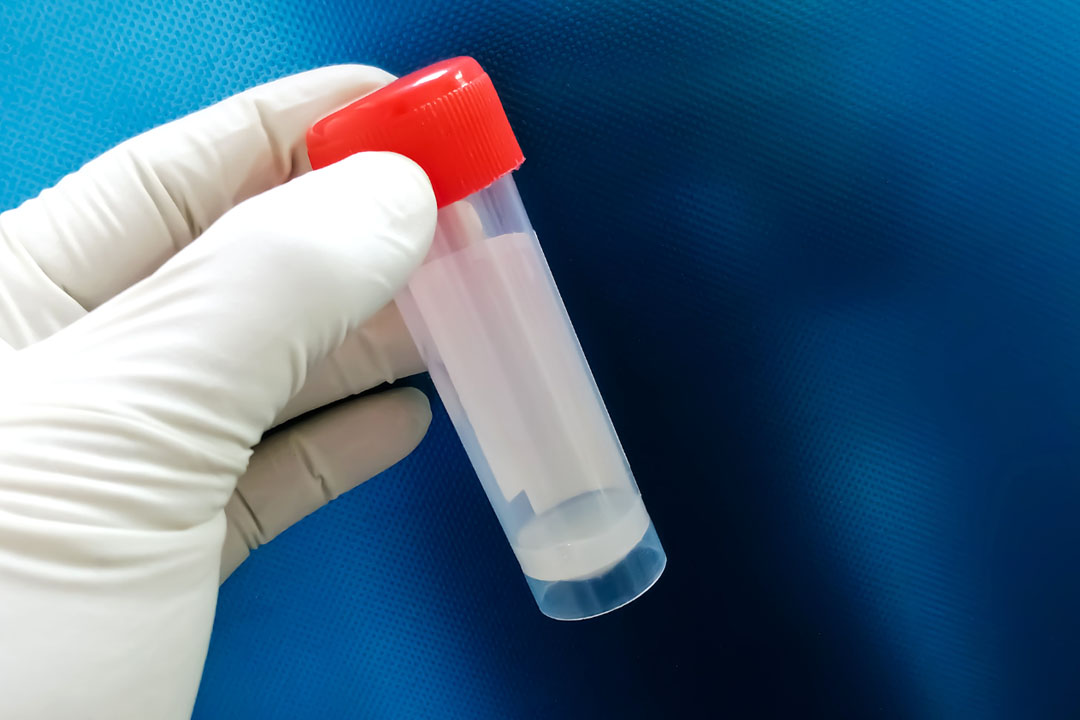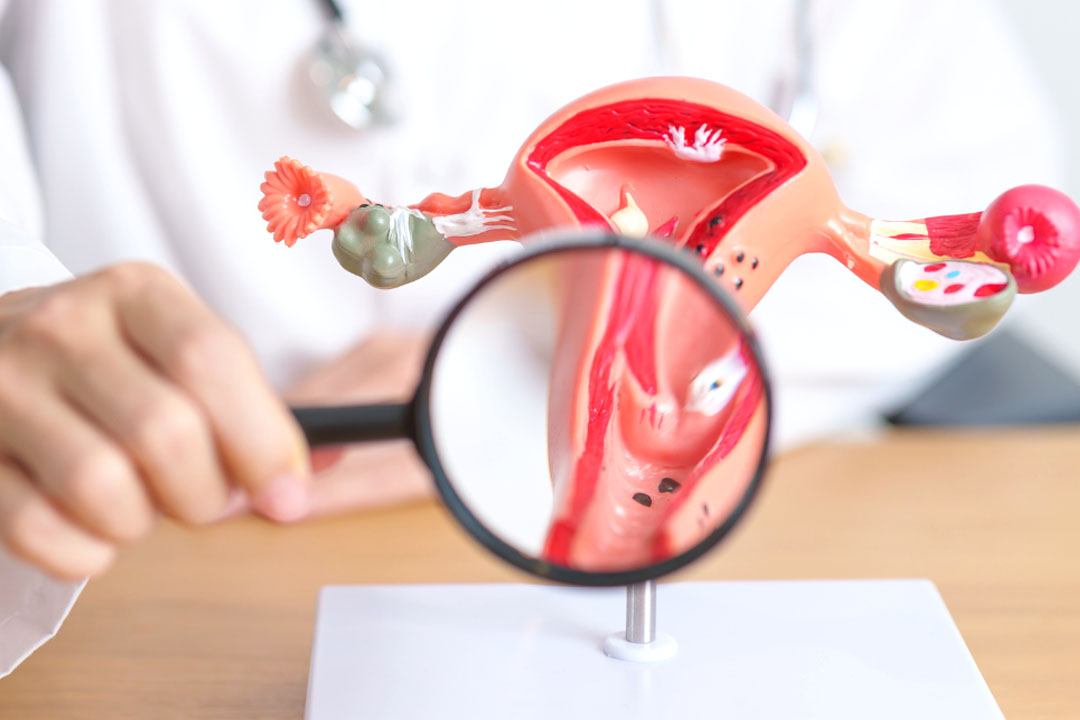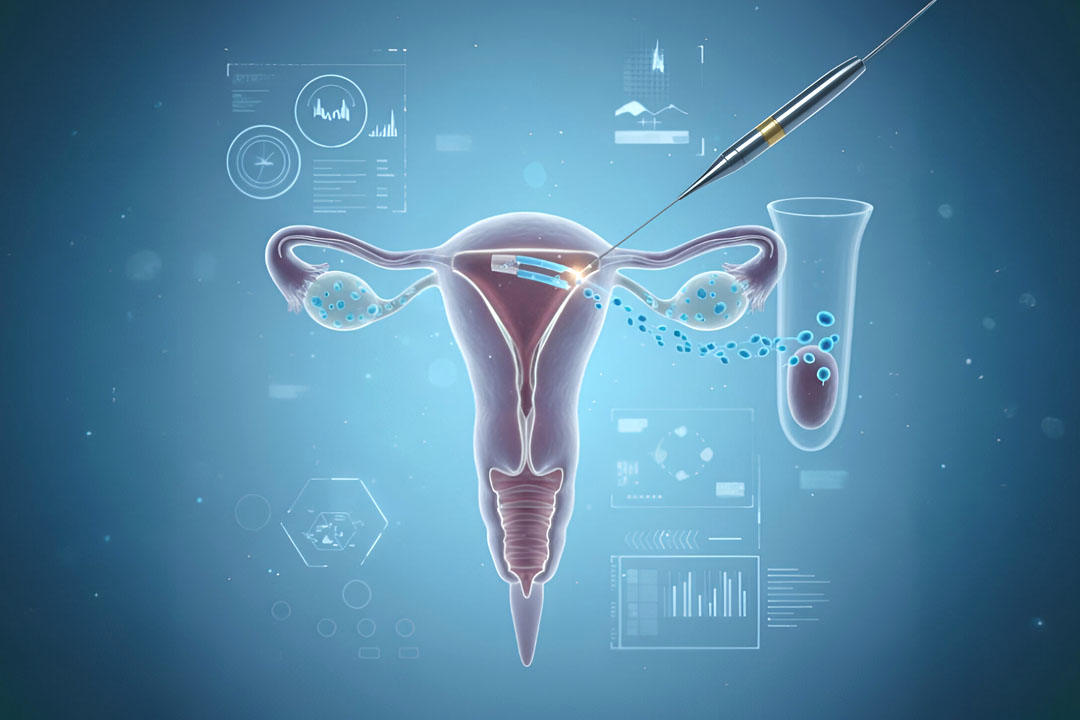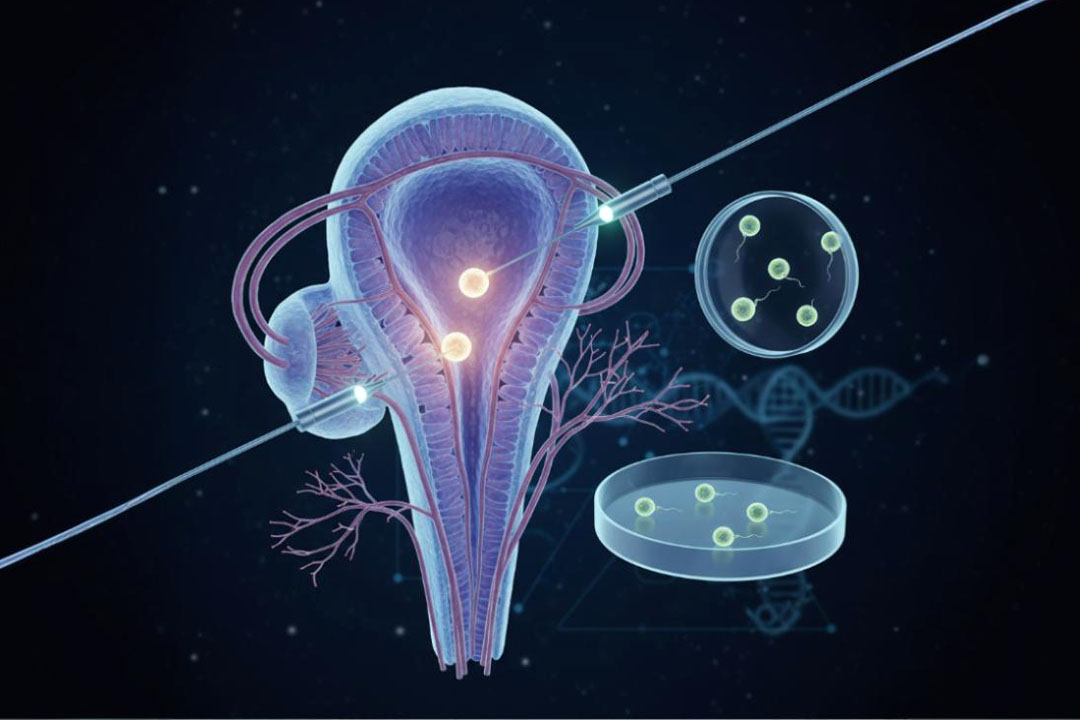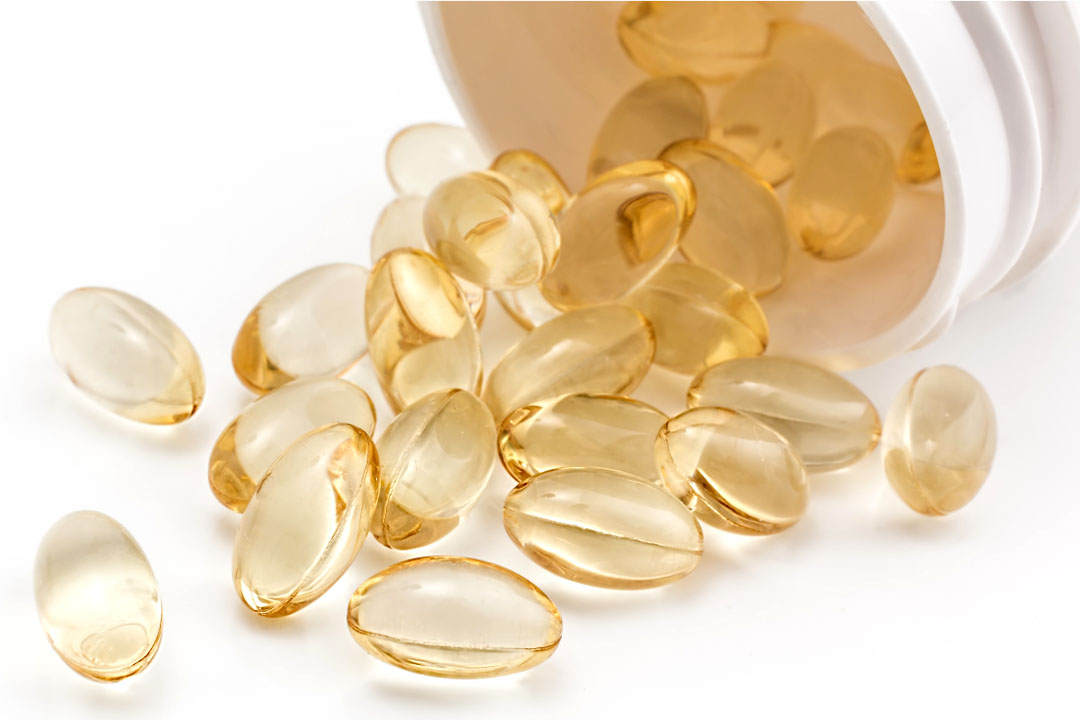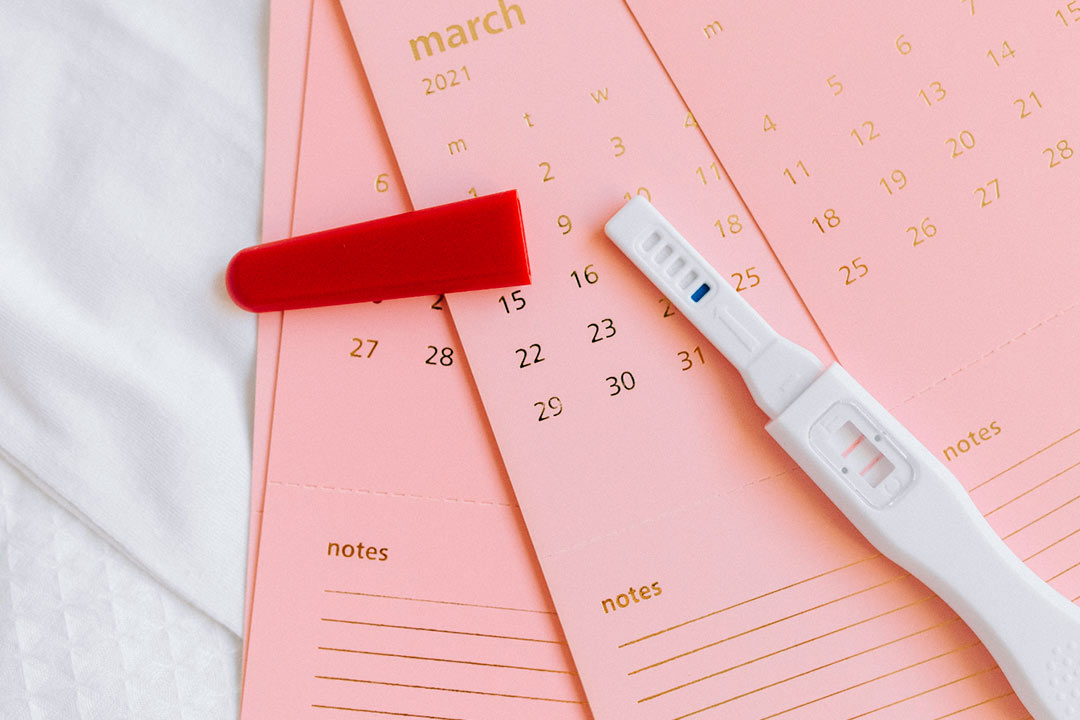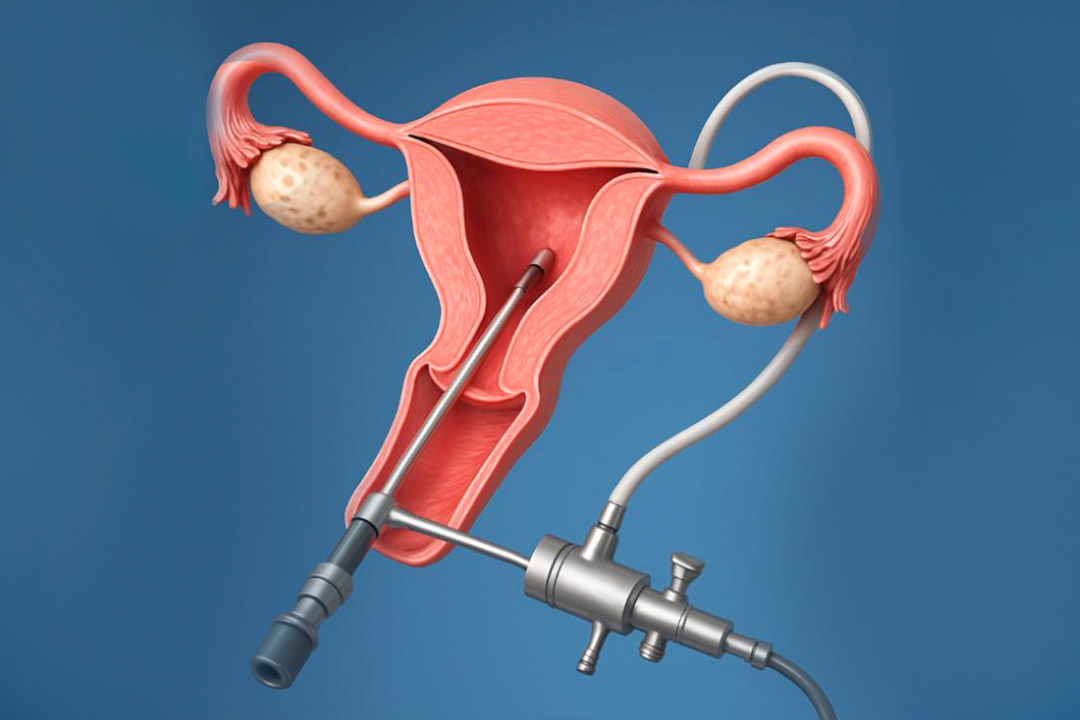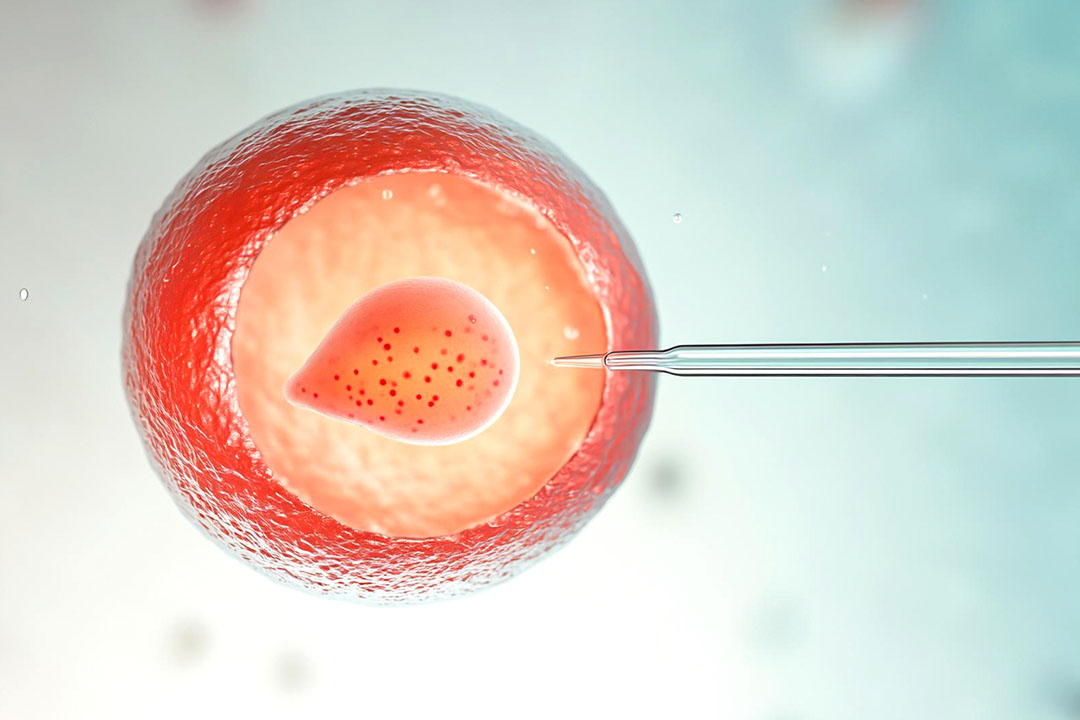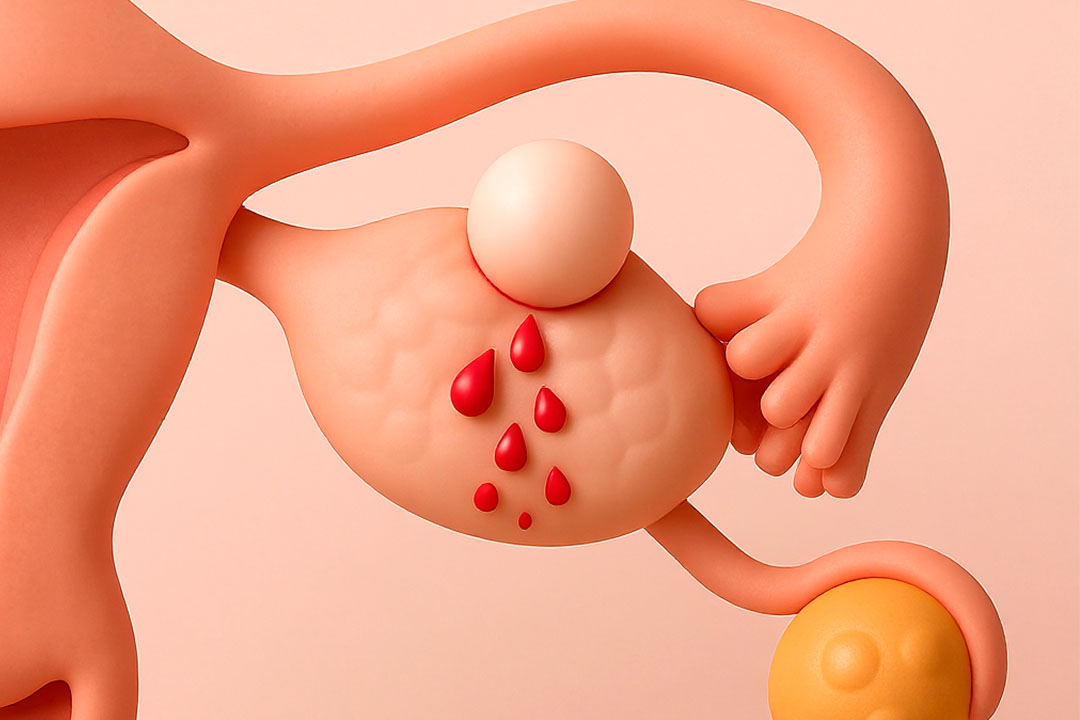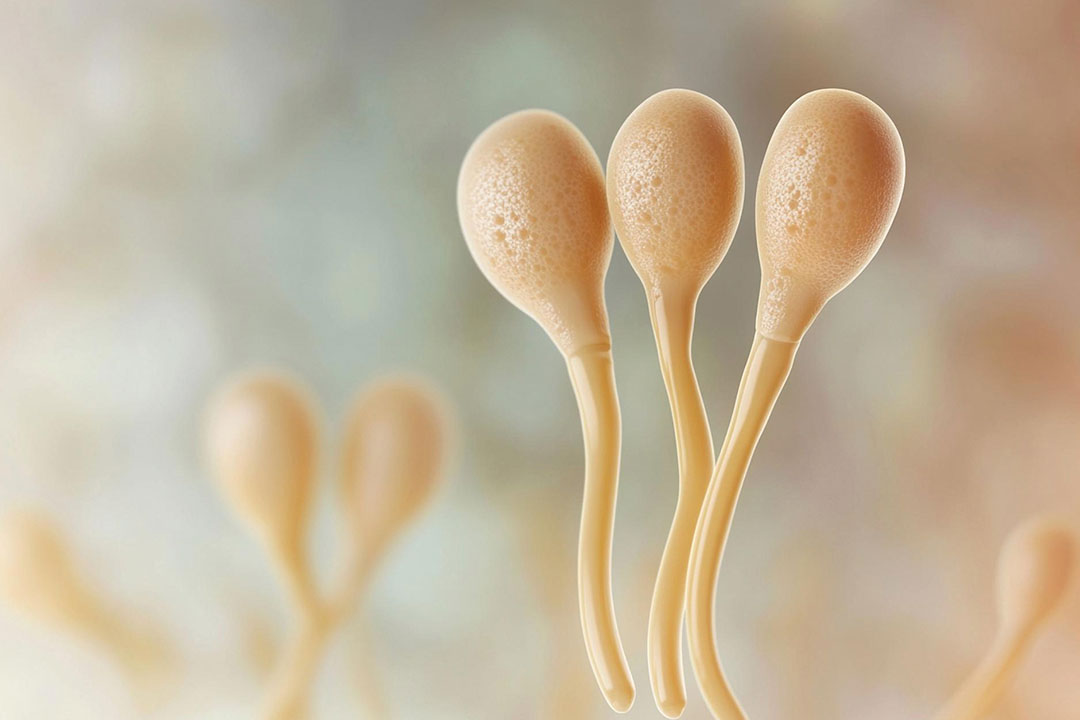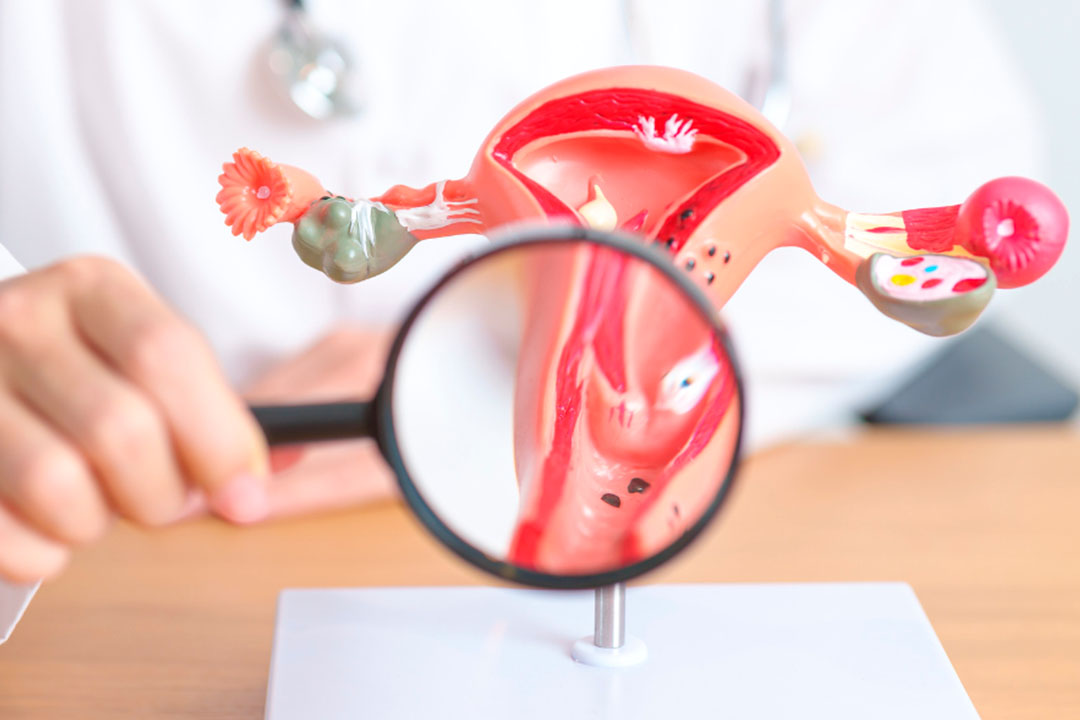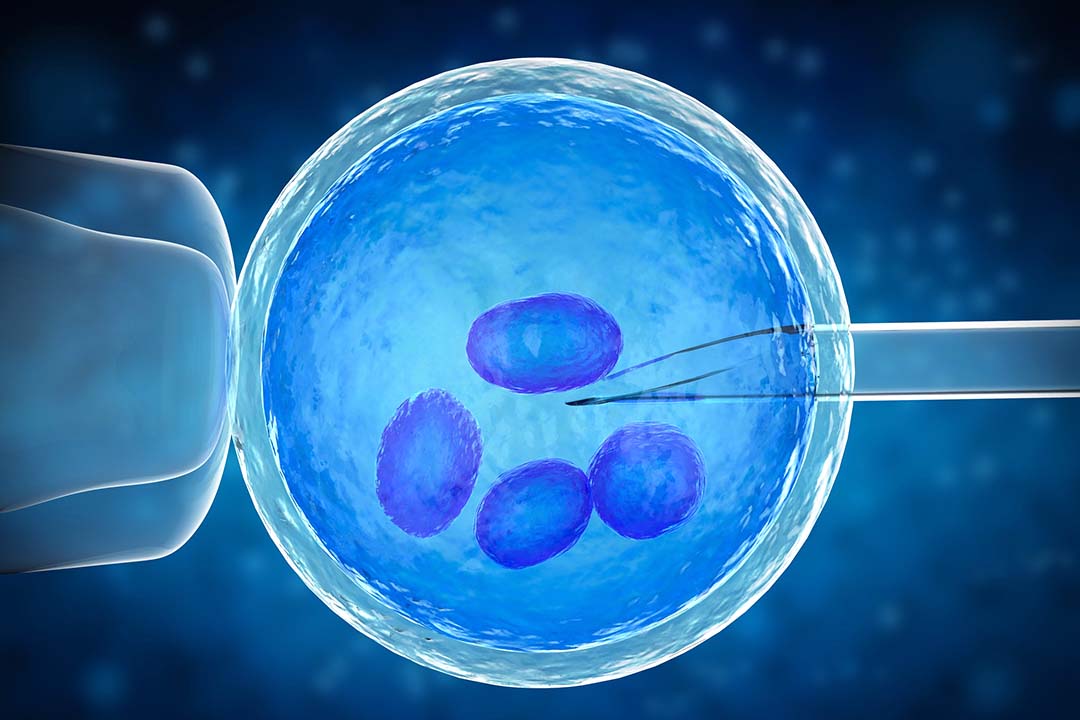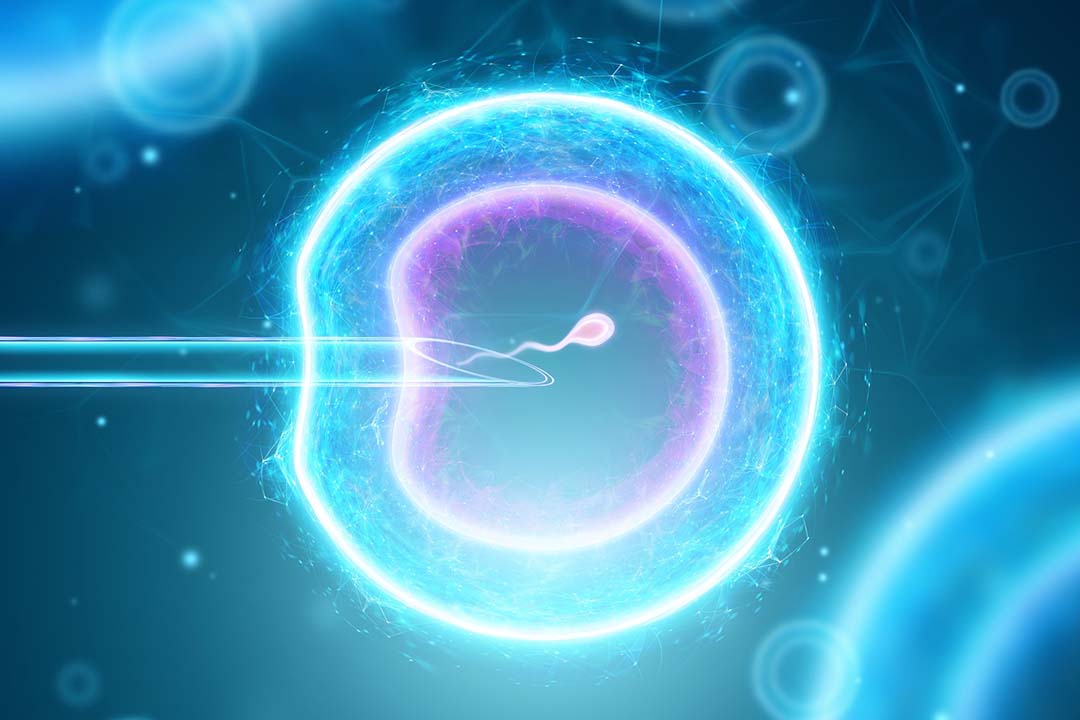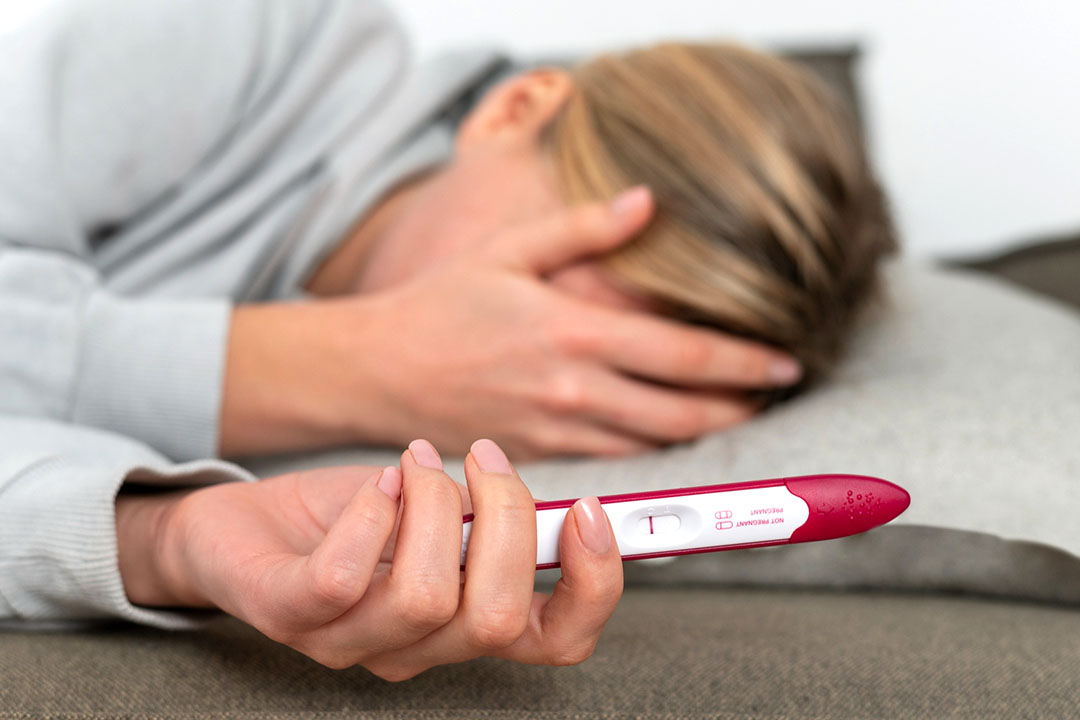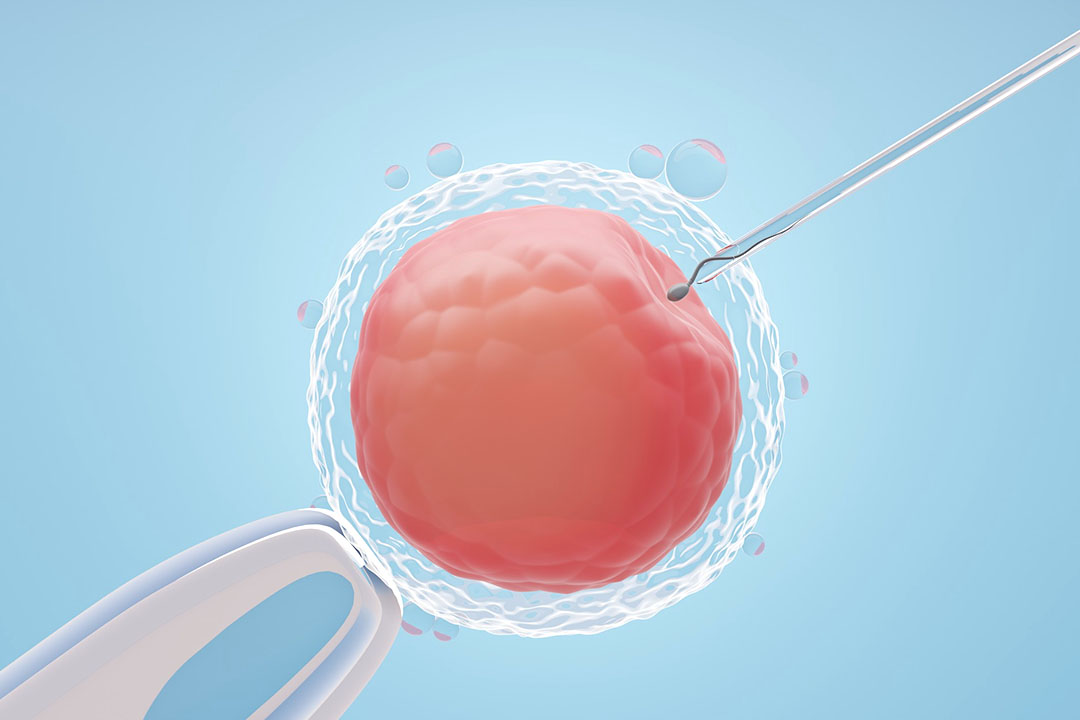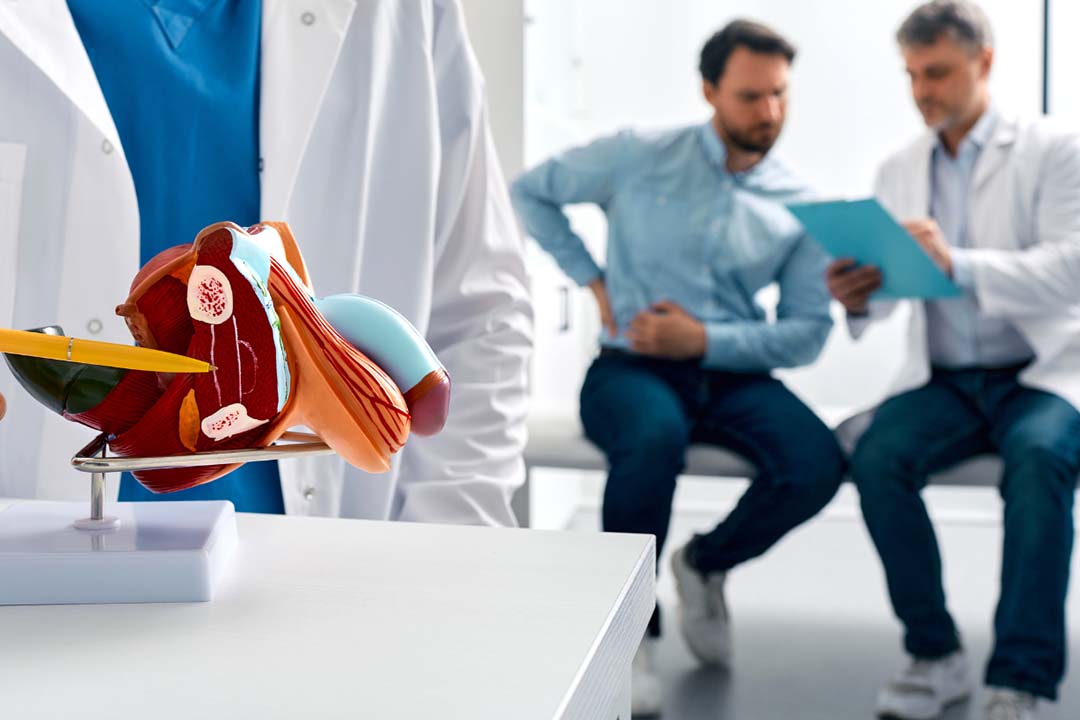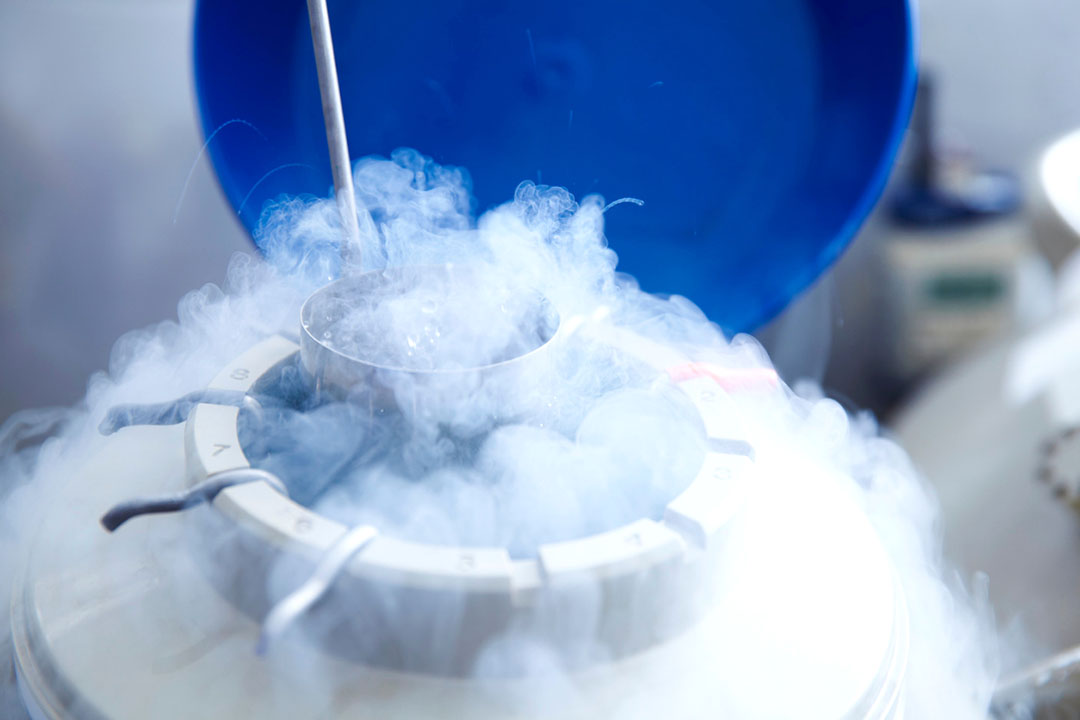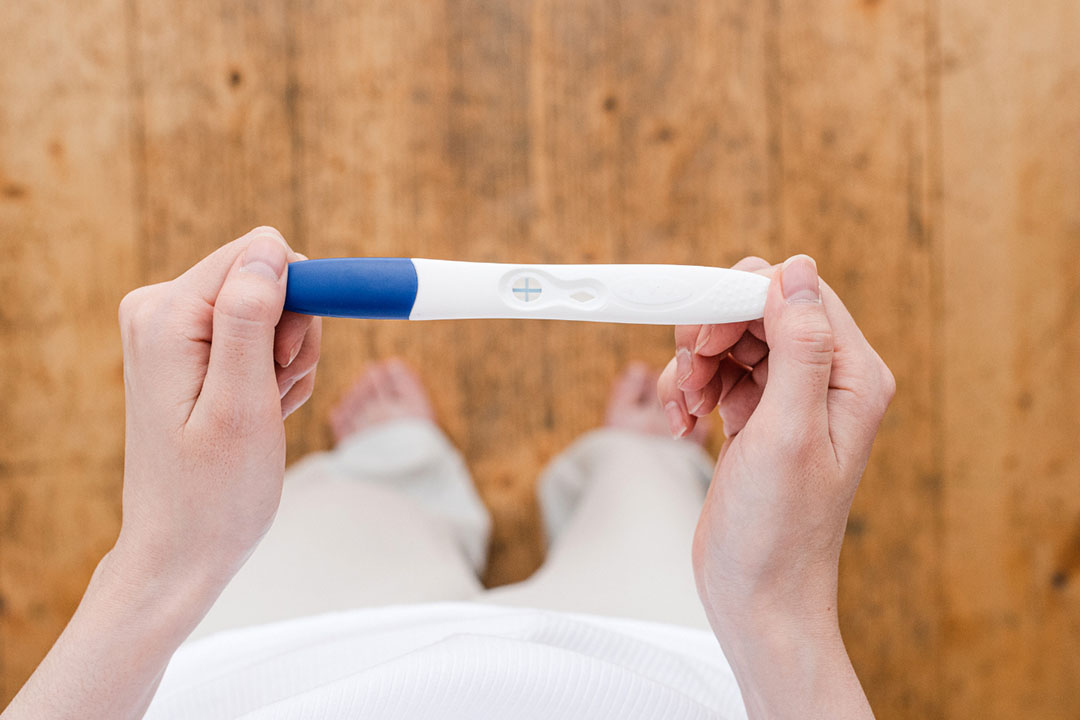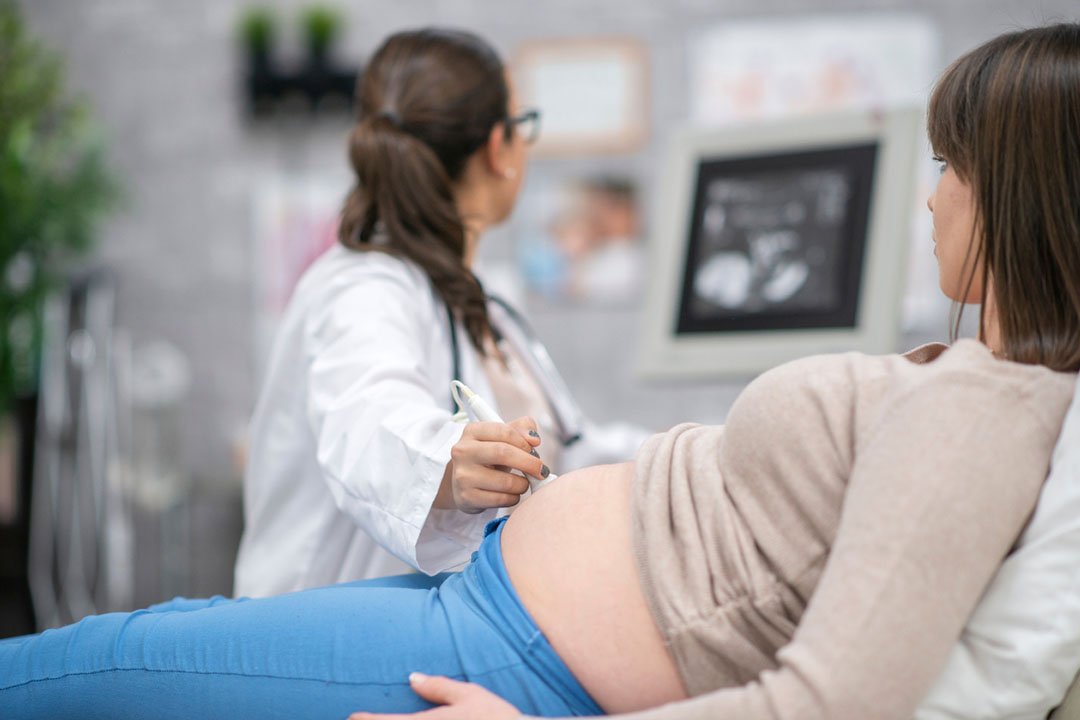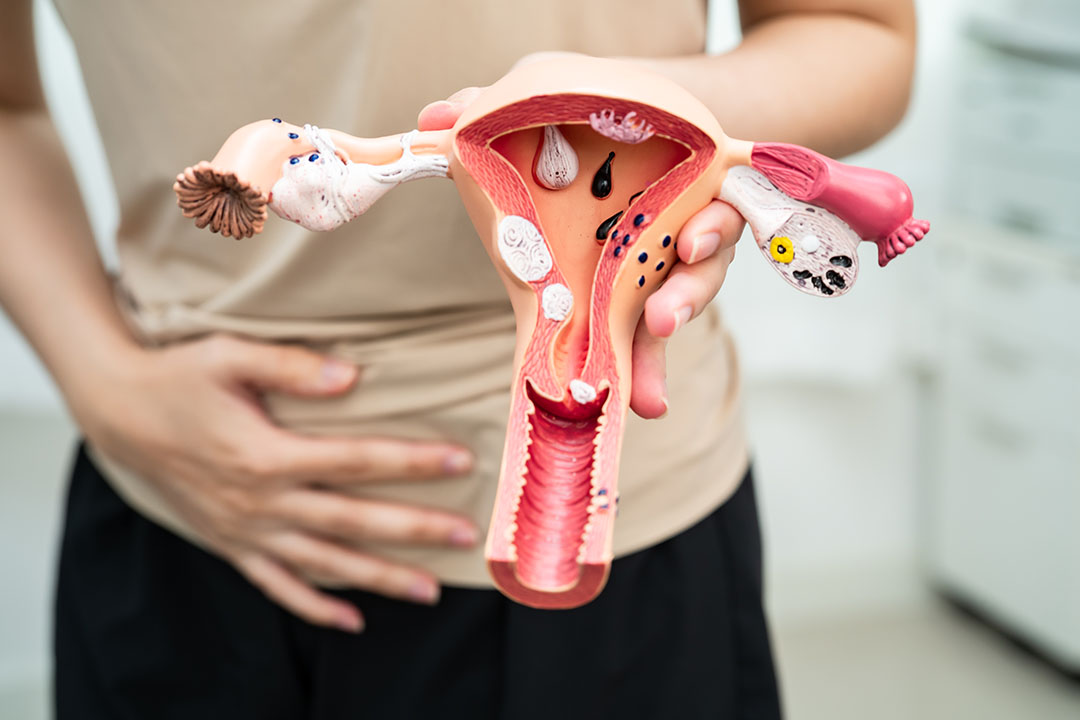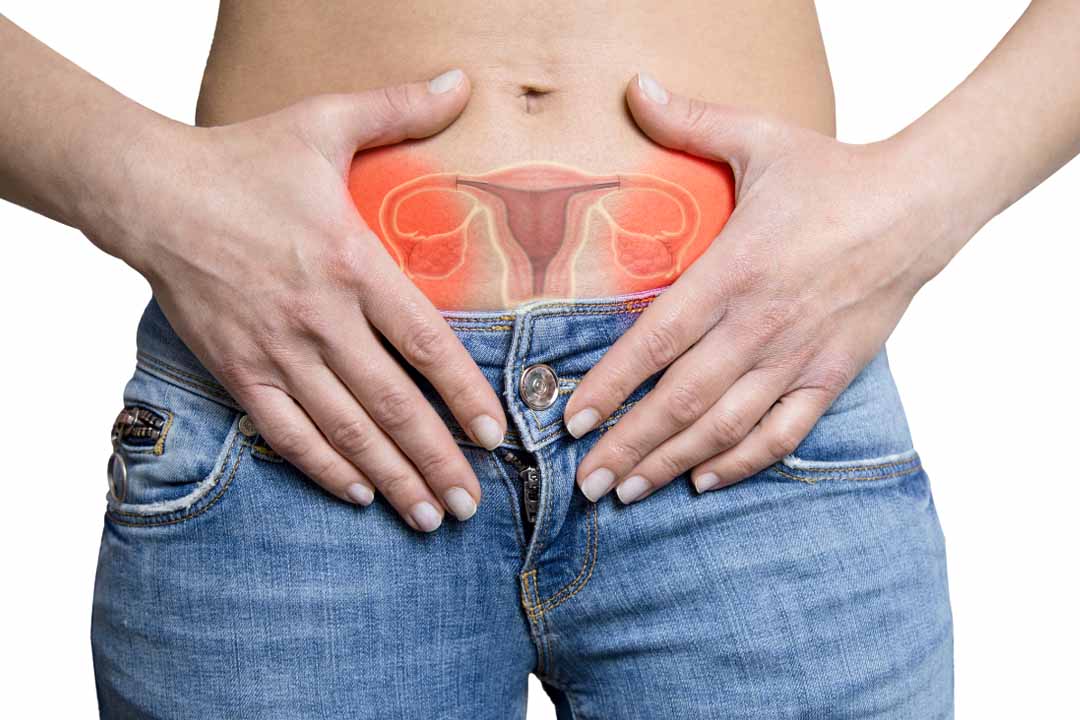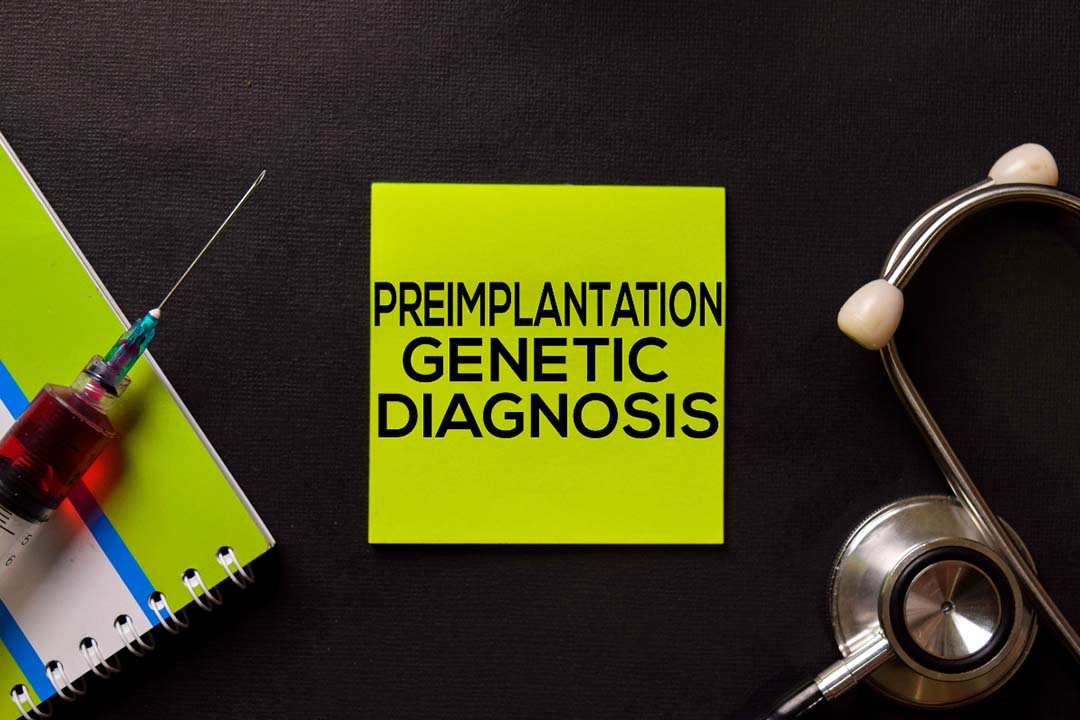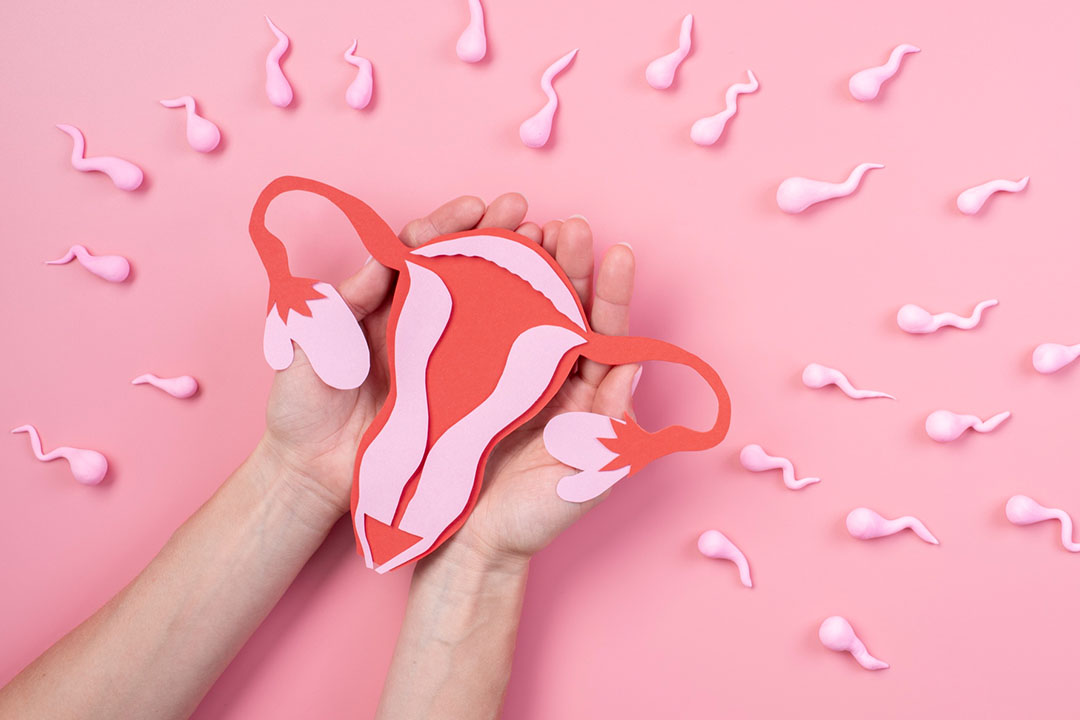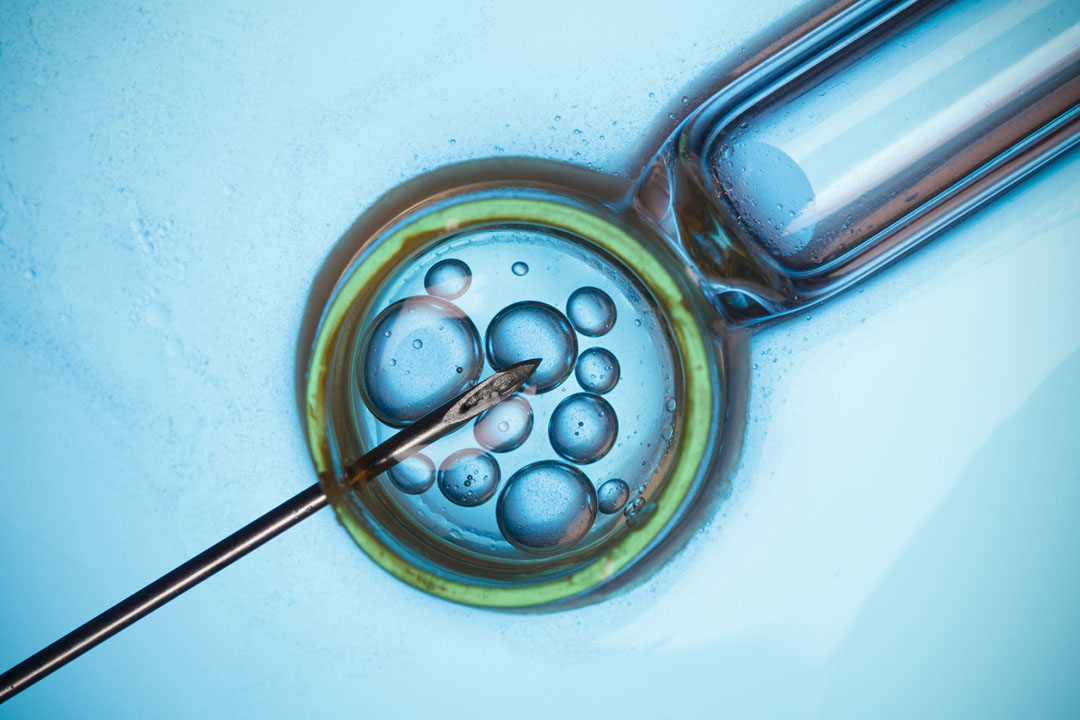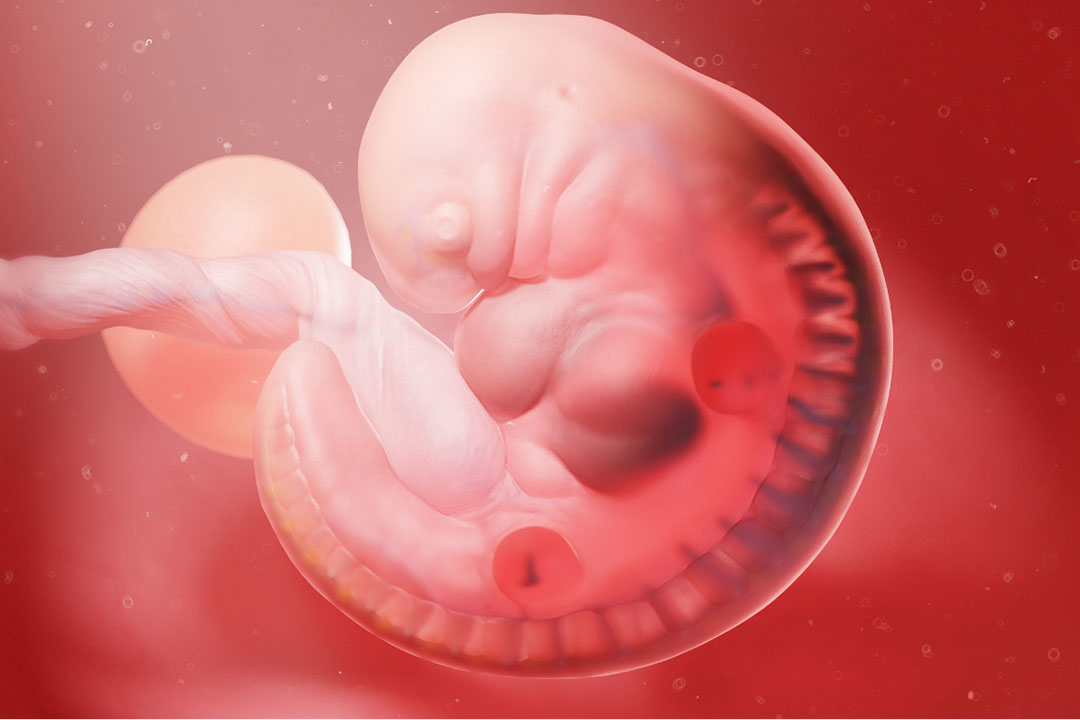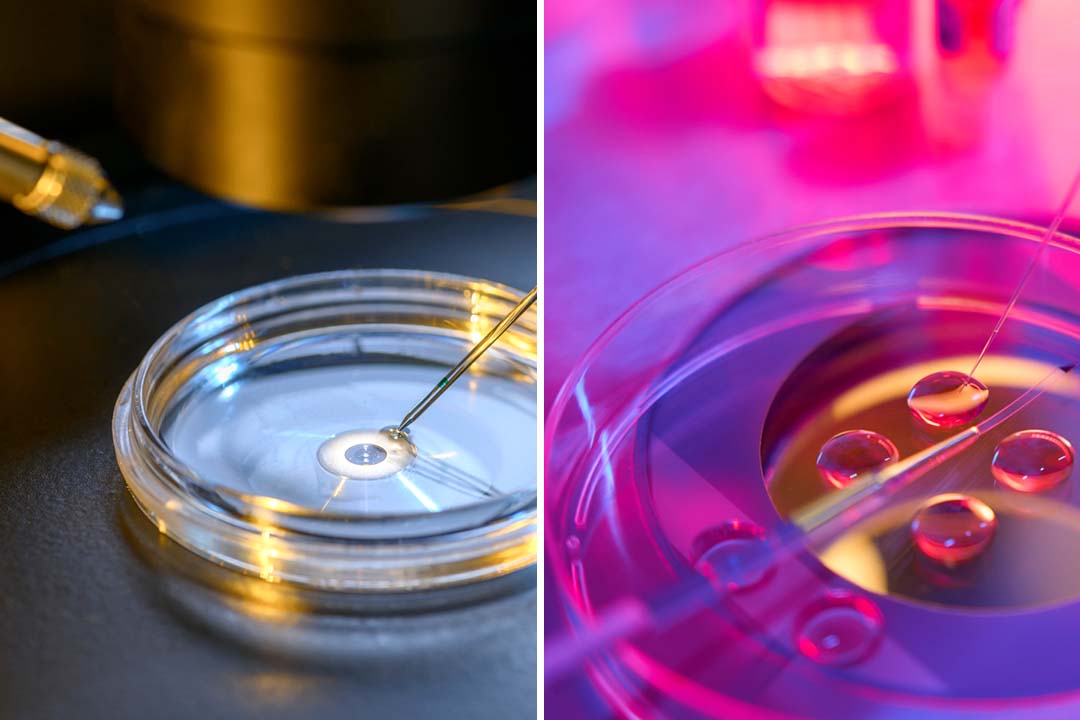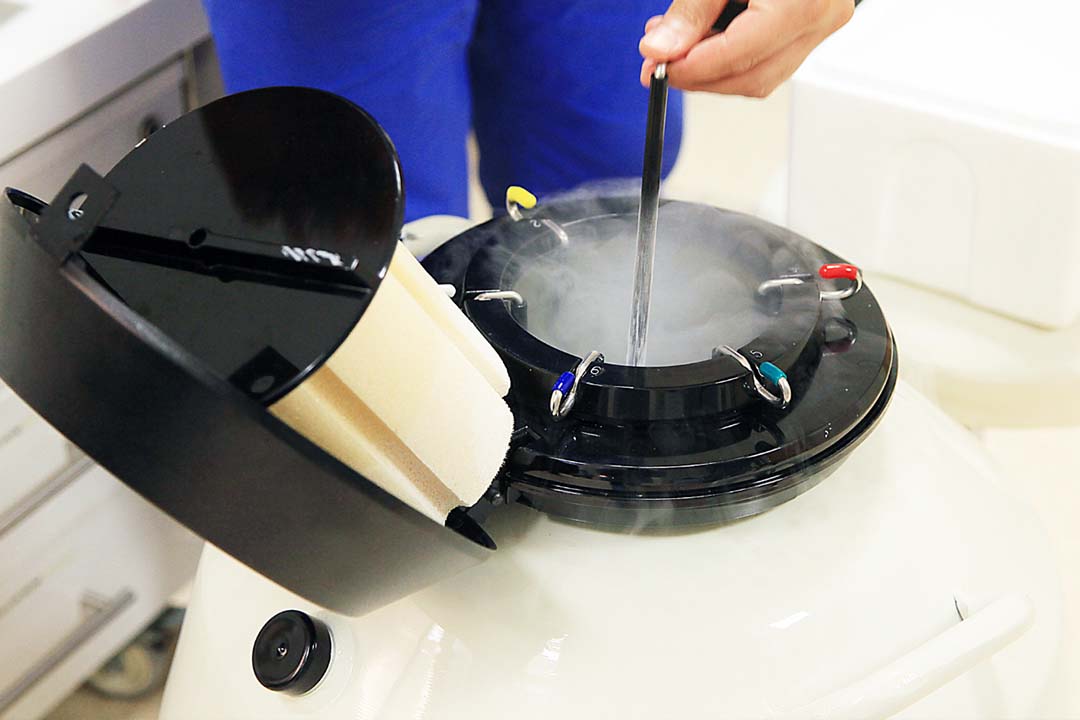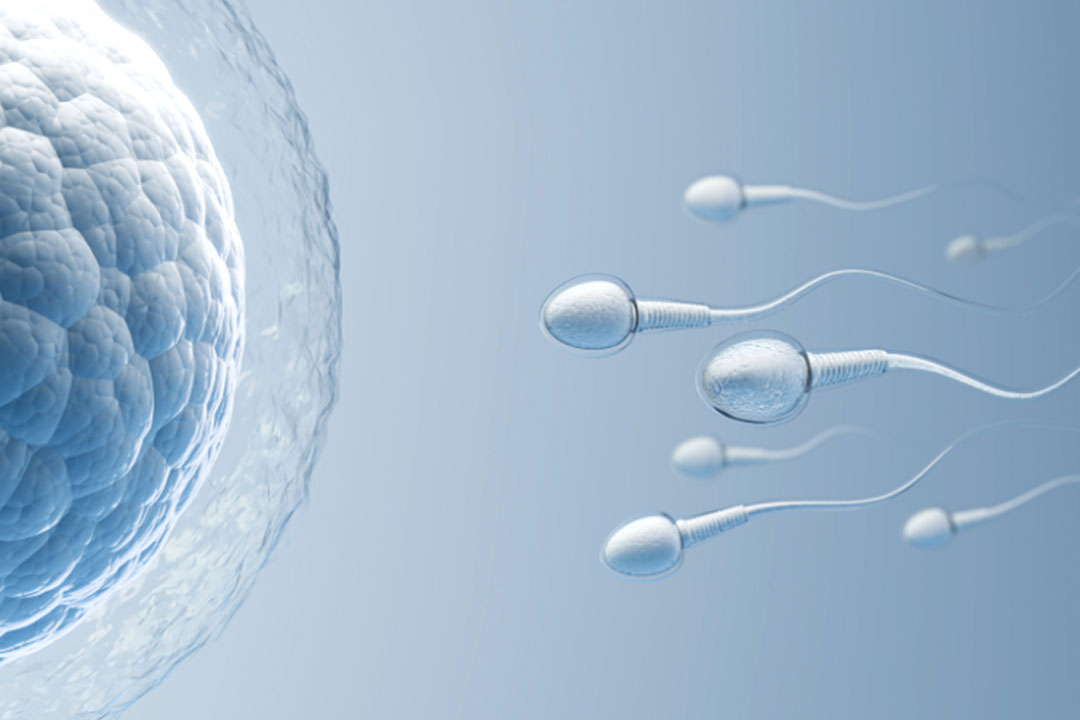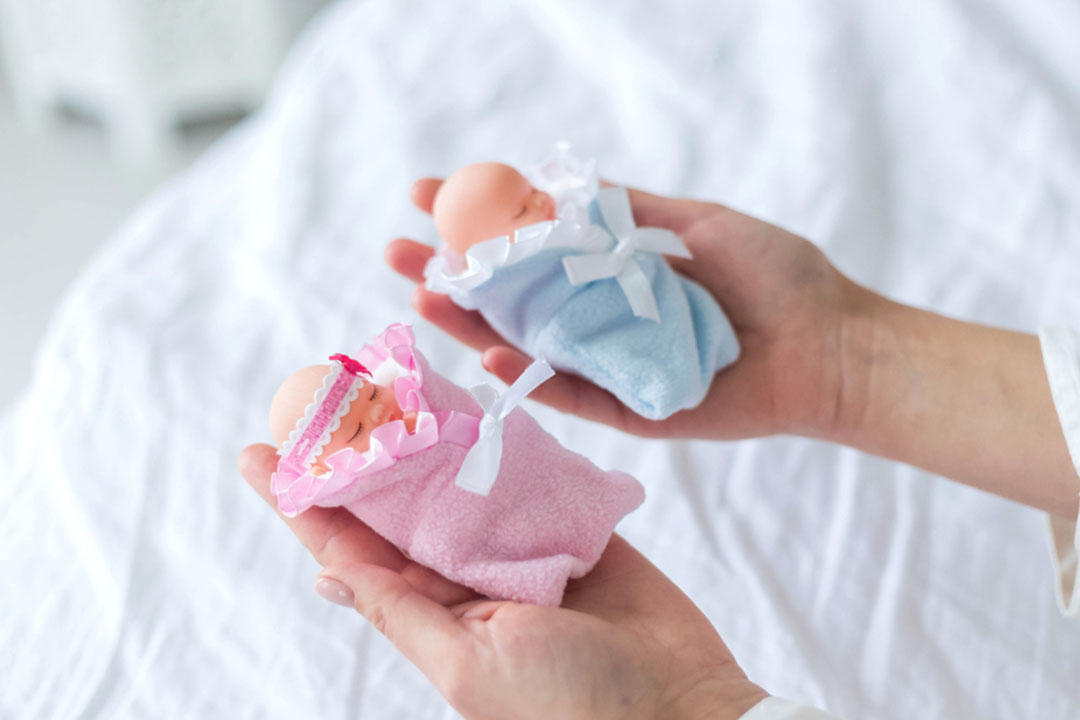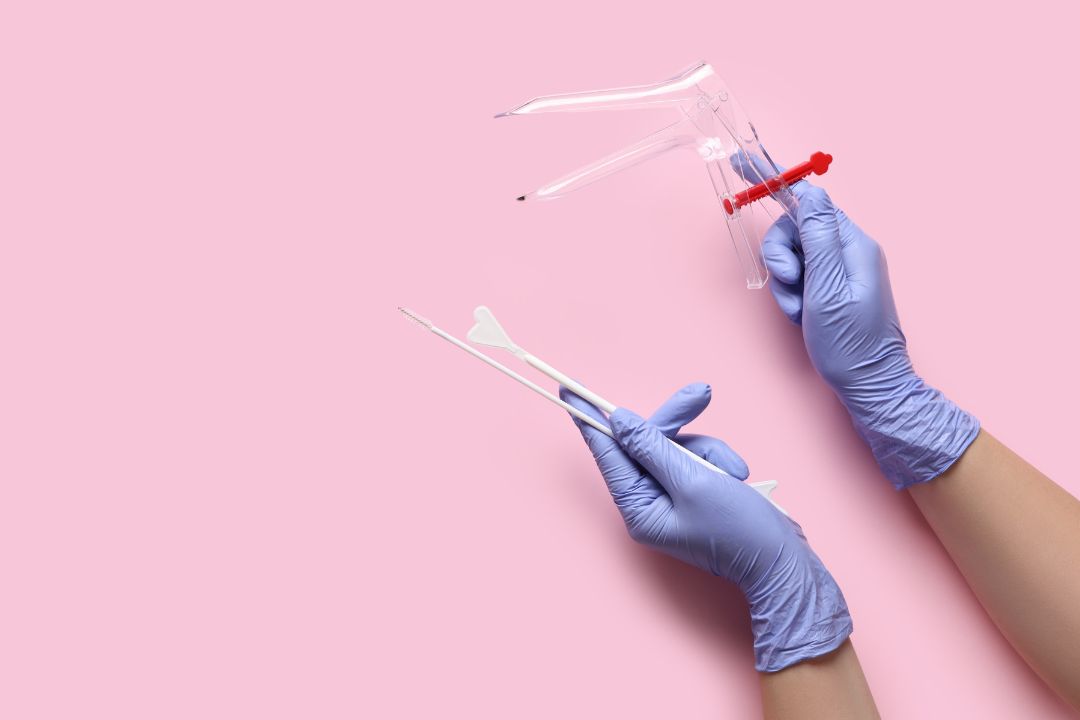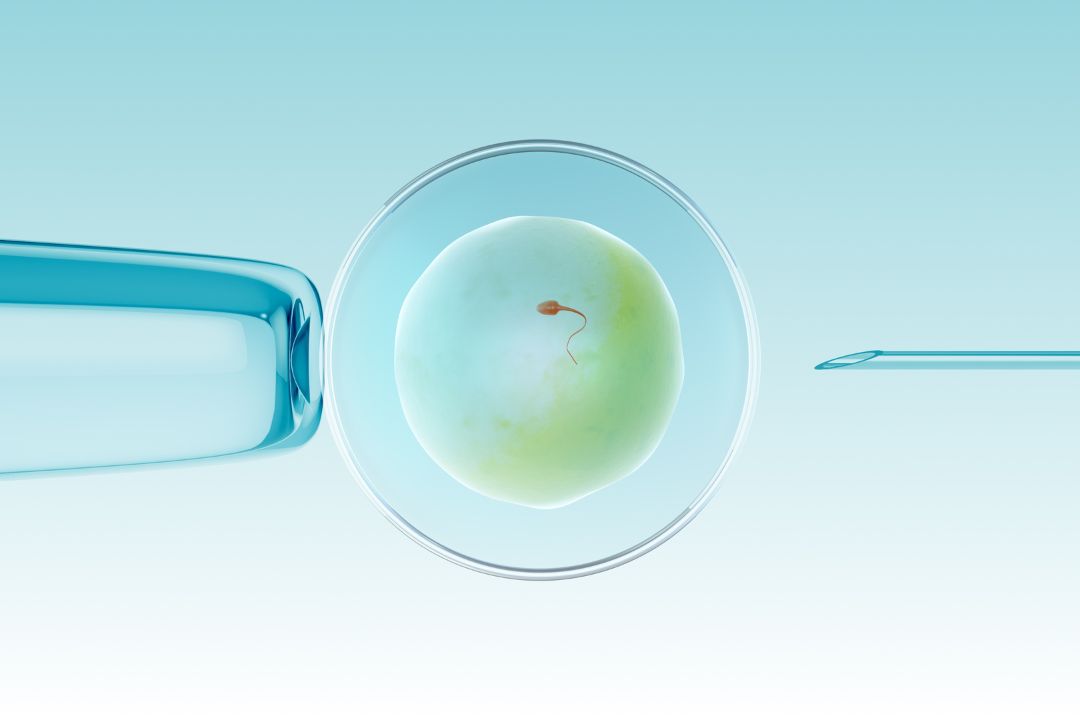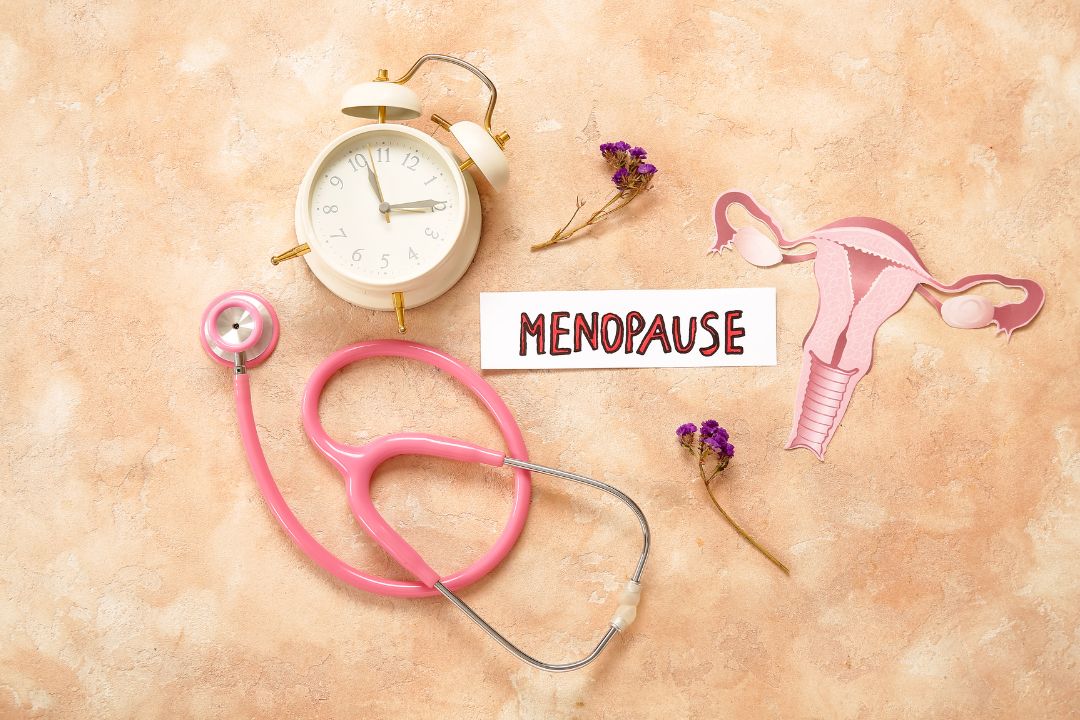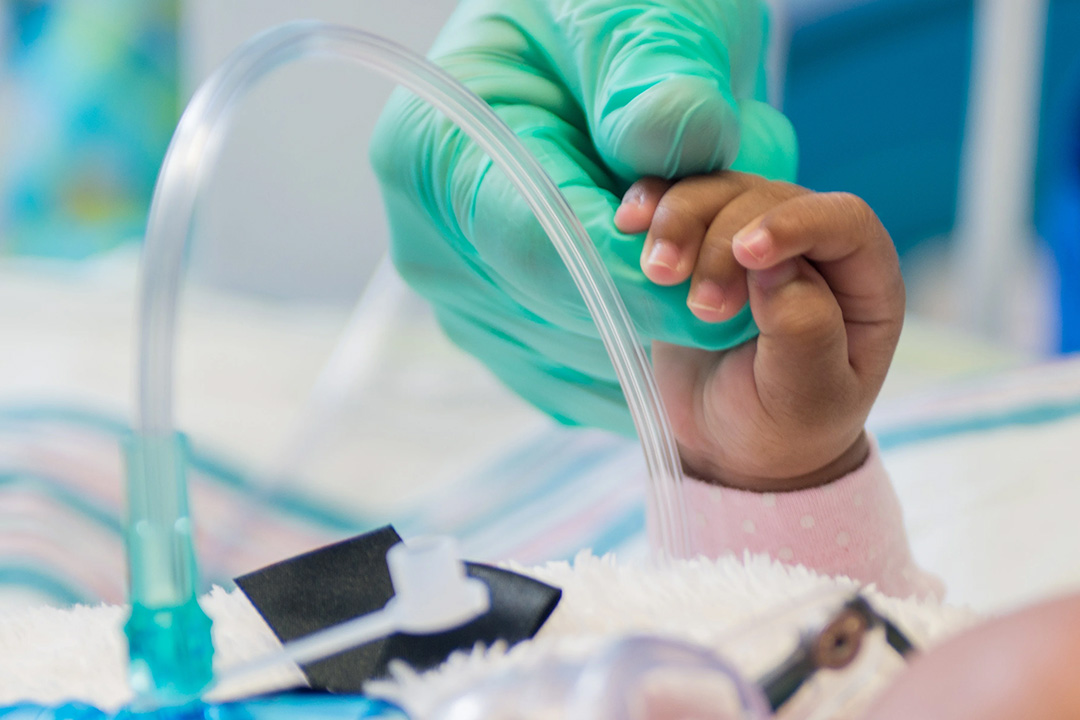Stress and IVF: How Emotional Health Affects Fertility Treatment Success
Trying to have a baby with in vitro fertilisation (IVF) can be both hopeful and stressful. There are injections, scans, costs, and the wait between every step. It’s no surprise that many people ask whether stress itself can affect the process. Stress and IVF are connected in many ways, but the science on whether stress directly lowers IVF success is still mixed.
A quick note on success rates for context: modern IVF is far more effective than it was a decade ago, and outcomes depend a lot on age, egg source, and the exact measure used (per embryo transfer vs per cycle).
Stress and IVF: How Are They Connected?
Stress is not a single thing, it’s a body-wide response. When you face ongoing strain, your brain’s stress circuits activate, releasing hormones like cortisol and adrenaline. That cascade can influence sleep, appetite, immune activity, and reproductive hormones.
In everyday life this may disrupt ovulation or lower libido. In the IVF setting, it can shape how you experience each step like stimulation, egg retrieval, the embryo-transfer wait and the choices you make around food, movement, or alcohol.
But does stress cause IVF to fail? The research isn’t one-sided. Some large analyses find little to no direct effect of pre-treatment distress on success, while others suggest specific patterns (for example, chronic stress affecting certain stages more than others).
The truth likely sits in the middle: stress may not be a single switch that turns success off, but it can nudge related factors that matter like timing, adherence to medication, lifestyle choices, and even decision-making when setbacks happen.
Effect of Stress Hormone on Women Undergoing IVF Procedure
Cortisol and other stress markers fluctuate across the cycle and may not straightforwardly predict outcomes. Some studies observed no negative association, and even a possible positive link between higher follicular fluid cortisol and fertilisation or pregnancy rates in specific cohorts.
Others suggest that chronic, ongoing stress could relate to poorer metrics at particular time points (like egg retrieval), while acute spikes around transfer don’t show clear harms. The pattern is nuanced and still being mapped.
Effect of stress on IVF success
If stress matters, it probably acts indirectly and unevenly. It can disturb sleep, nudge comfort-eating, reduce exercise, or increase smoking or alcohol, all of which can influence egg quality, sperm quality, or general health.
It can also sap consistency with medications or clinic visits. Managing stress therefore helps the conditions around IVF, even if stress isn’t a single biological “off switch” for implantation.
How Stress Shows up Across the IVF Journey
Stress can affect in different stages and can have varying effects:
- Before stimulation: Appointments, finances, and the fear of injections can raise baseline anxiety. People often report decision fatigue around “add-ons” and protocols.
- During stimulation: Hormone changes, bloating, and frequent monitoring can amplify worry. Chronic stress here has been linked in some analyses to differences on retrieval day, though findings vary.
- Egg retrieval week: Many experience peak tension here like work logistics, anaesthesia concerns, number of eggs. Some studies note higher stress markers at this step without a consistent hit to outcomes.
- Embryo transfer & the wait: The most mentally demanding stretch for many. Evidence for acute stress at transfer reducing success is inconsistent; mindful coping can make this period more bearable.
How to be Stress Free During IVF
Total calm isn’t the goal but steadying yourself is. These options are simple, low-cost, and adaptable:
- A 10-minute daily downtime
Sit, breathe slowly (inhale 4, exhale 6), and notice five things you can see and hear. It lowers arousal and trains your nervous system to settle. - Two “anchors” per day
Pick a morning and evening habit that never moves like a short walk, gentle stretches, gratitude list, or journaling one line (“What went okay today?”). Anchors reduce decision fatigue. - Boundaries for information
Choose one window per day to read results, research, or forums. Outside that window, close the tabs. Over-checking spikes cortisol without adding control. - Movement you enjoy
Unless your doctor says otherwise, aim for 20–30 minutes of light-to-moderate activity most days (walking, yoga, stationary cycling). It supports sleep and mood. - Food basics
Regular meals with protein, fibre, and healthy fats; iron-rich foods; limit alcohol; keep caffeine moderate (or skip it if it worsens anxiety). - Sleep Habits
Same sleep–wake time, dark cool room, no heavy scrolling in bed. - Talk it out
Brief counselling or peer groups can reduce isolation and help with problem-solving. Studies do not prove therapy boosts implantation, but they consistently show it improves coping, which is valuable in its own right. - Plan B thinking
Discuss “if-then” steps with your care team (e.g., if low follicles, then convert to IUI or freeze-all). Knowing your options lowers panic if plans change.
Lifestyle Factors that Help
Some daily life habit modifications can also help significantly, for example:
- Smoking: Quitting improves sperm and egg metrics over time.
- Alcohol: Keep to low intake or avoid during stimulation/transfer weeks.
- Weight & metabolic health: Modest weight loss if recommended, or strength-focused fitness if underweight; stabilising blood sugar helps energy and sleep.
- Supplements: Only as advised (e.g., folic acid). Skip unproven “implantation boosters.”
- Medication adherence: Set phone reminders for every dose; missed timings raise avoidable risk and stress.
Frequently Asked Questions
Does stress affect IVF success?
Large analyses generally do not show that feeling anxious before IVF directly reduces the chance of pregnancy, but chronic stress may affect certain steps and your routines (sleep, medication timing, nutrition) that also matter. Reducing stress is still worthwhile for your wellbeing and day-to-day consistency.
Should I test cortisol levels before IVF treatment?
Routine cortisol testing isn’t generally recommended just for IVF. Studies show mixed results: some find no negative link and even a possible positive association for follicular cortisol, while others point to stage-specific effects of chronic stress. Talk to your clinician before adding tests.
How many IVF cycles should I plan for?
Some conceive on the first transfer while others need multiple cycles. Your age, egg reserve, embryo quality, sperm factors, uterine health, and lab methods all play a role. Discuss a multi-cycle plan up front so you’re emotionally and financially prepared.
Should I avoid intense workouts while IVF treatment?
During stimulation, many clinics suggest low-impact movement to reduce ovarian torsion risk; after retrieval and transfer, follow your clinician’s guidance. Gentle activity usually helps mood and sleep.
Can therapy or meditation boost implantation?
They reliably reduce distress but haven’t consistently shown a direct boost to implantation across studies. They do make treatment more bearable and that’s worth it.
Conclusion
Stress and IVF are intertwined, but not in a simple cause-and-effect way. Most large studies don’t show that feeling anxious before treatment, by itself, shuts the door on success. What stress does, especially when it is chronic, is chip away at sleep, routines, and decision-making, which can indirectly affect the journey.
That’s why the most practical approach is to control what you can: protect rest, move your body gently most days, eat regularly, keep alcohol and smoking low, set reminders for medicines, and give yourself a small daily window to process results and worries. Add support systems like brief counselling, a peer group, or a trusted friend to keep perspective when plans shift.
About Us
AKsigen IVF is a premier center for advanced fertility treatments, with renowned fertility experts on our team. Specializing in IVF, ICSI, egg freezing, and other cutting-edge reproductive technologies, AKsigen IVF is committed to helping couples achieve their dream of parenthood. With personalized care and a patient-first approach, AKsigen IVF provides comprehensive fertility solutions under one roof.








